For Argentina, Copa America semifinal vs. USA a means to an end
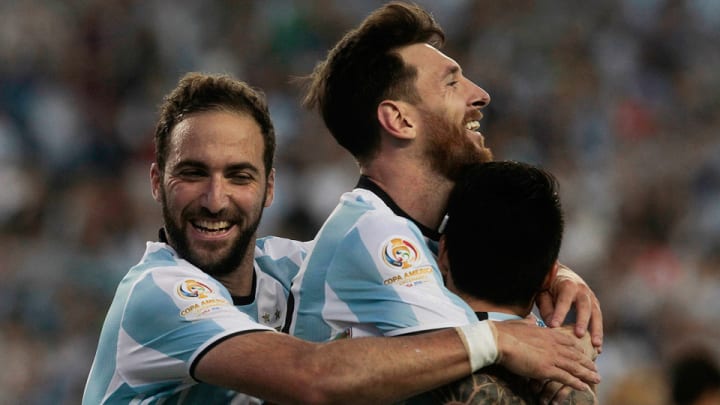
HOUSTON — Whether he was being nice or being honest might have been up for debate, but Argentina coach Tata Martino at least looked serious when asked about the U.S. team he’ll meet in Tuesday’s Copa América semifinal (9 p.m. ET; FS1, Univision).
“I’m rather concerned,” Martino said, “by the U.S. of the first half against Ecuador.”
If you recall the U.S.’s first-half performance against Ecuador in the quarterfinal, it was one of the best halves of soccer played by the U.S. in a long time. Intricate passing, attack-minded resolve, creativity and scoring chances: They were all there, and Clint Dempsey’s headed goal was terrific in a half where the Americans were unlucky not to score on one or two other occasions.
U.S. eager to embrace challenge, stage vs. world No. 1 Argentina
“Our intent is to play a game closer to the second half of the U.S. game against Ecuador,” Martino added. And while we assume he didn’t mean “chaotic and ill-tempered,” Ecuador was more dangerous in the second 45 against a U.S. team that had fewer ideas and ultimately held on desperately for the 2-1 win.
For its part, Argentina beat Venezuela 4-1 in their quarterfinal, but that doesn’t mean the Argentines were perfect.
If Venezuela’s Luis Seijas hadn’t hit the worst Panenka penalty of all time, La Vinotinto would have brought things back to 2-1 right before halftime. And there were moments when Venezuela was in charge.
“It was a modification made by Venezuela in the last 10 to 15 minutes of the first half that brought [Josef] Martínez to play as a forward with [Salomón] Rondón,” Martino said. “So they were taking advantage of our backs … Based on the way Venezuela was playing, we decided to be more solid in the center of the field, so we decided to put Éver [Banega] together with Javier [Mascherano] and move back the lines based on what had happened in those last 15 minutes. We started to find Leo [Messi] many more balls in that area rather than in the previous 15 to 30 minutes.”
GALLERY: The fans of Copa America Centenario
Copa America 2016 Fans
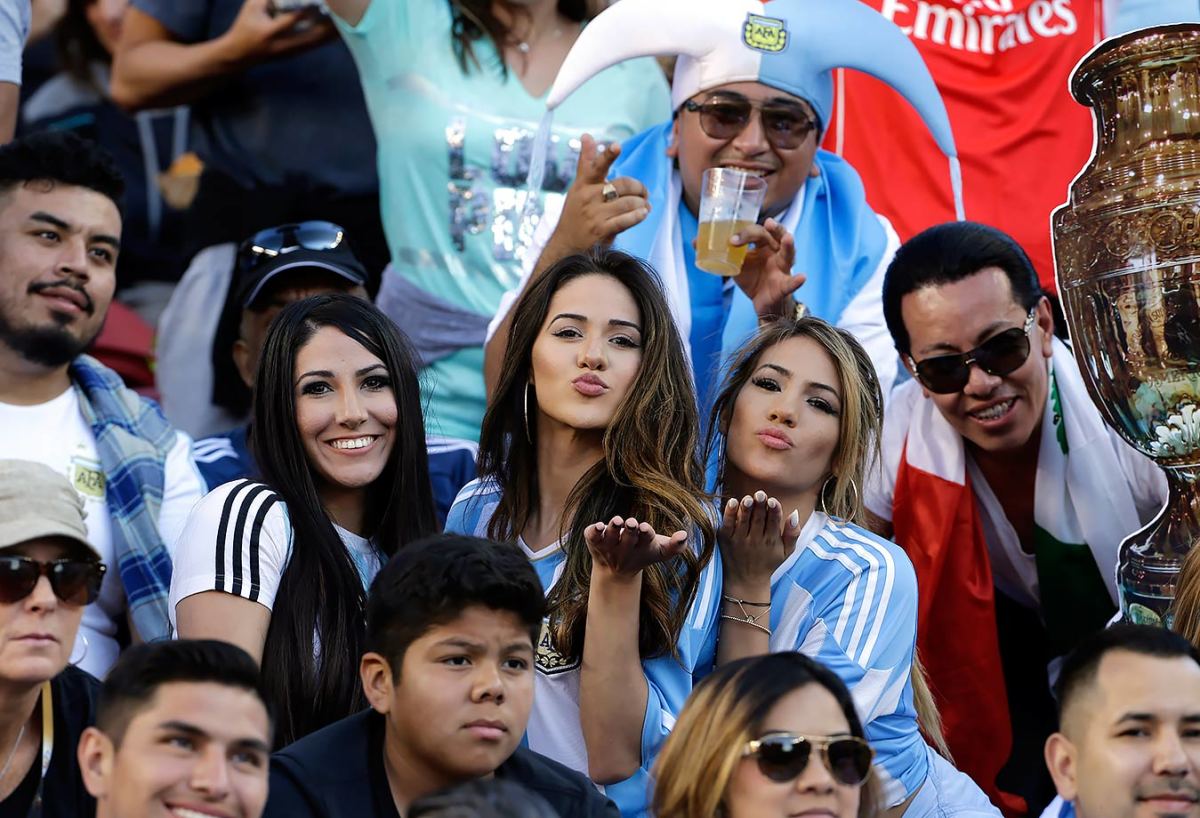
Argentina
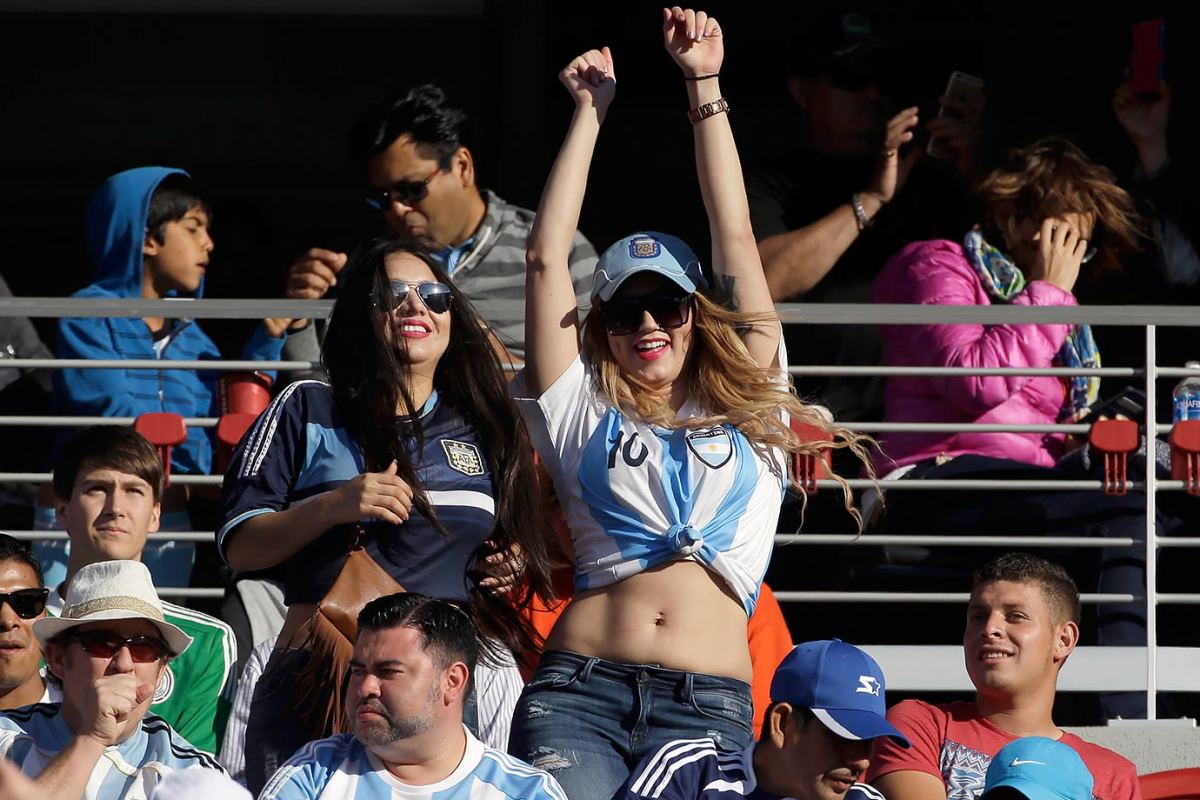
Argentina
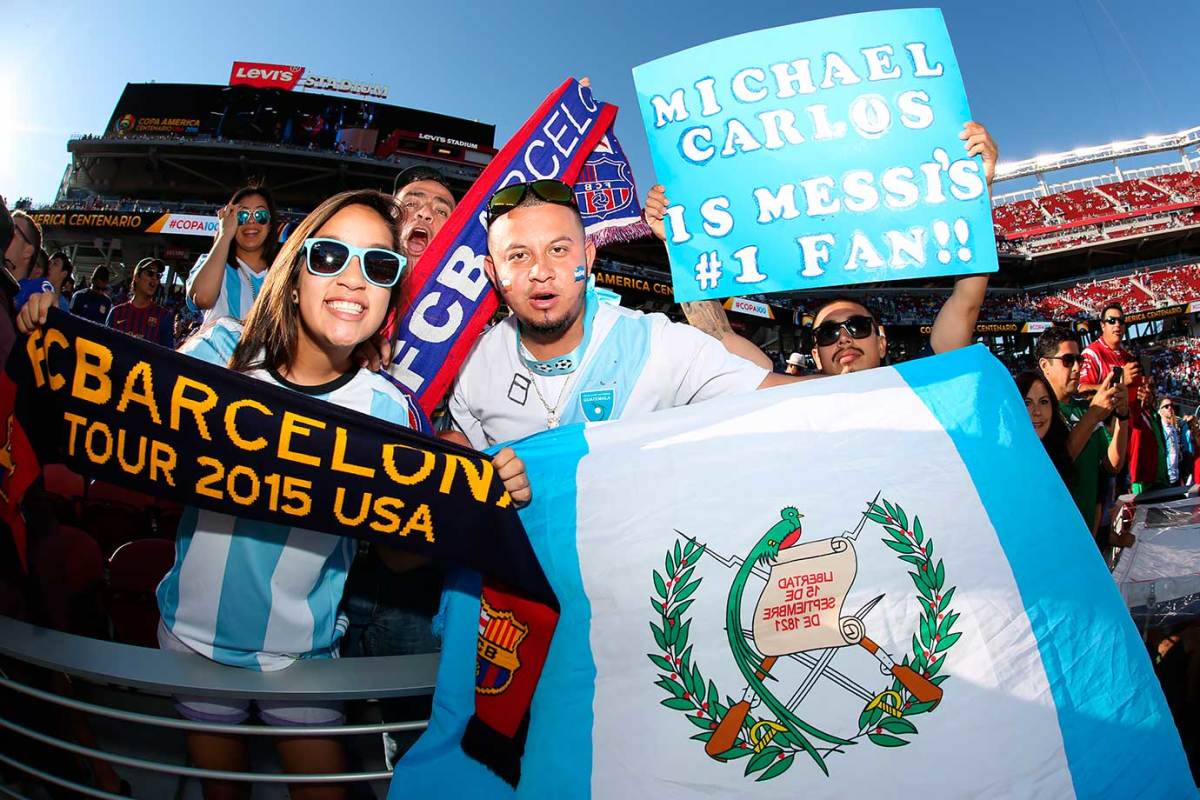
Argentina
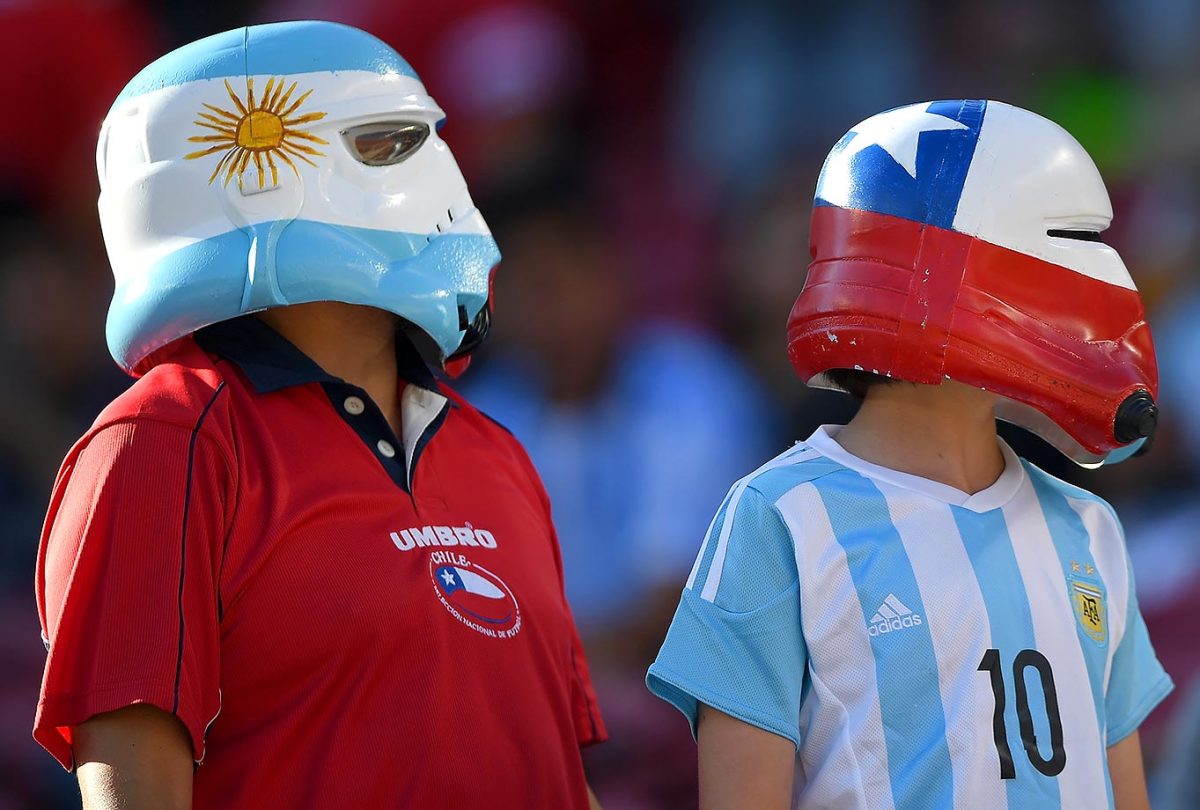
Argentina and Chile
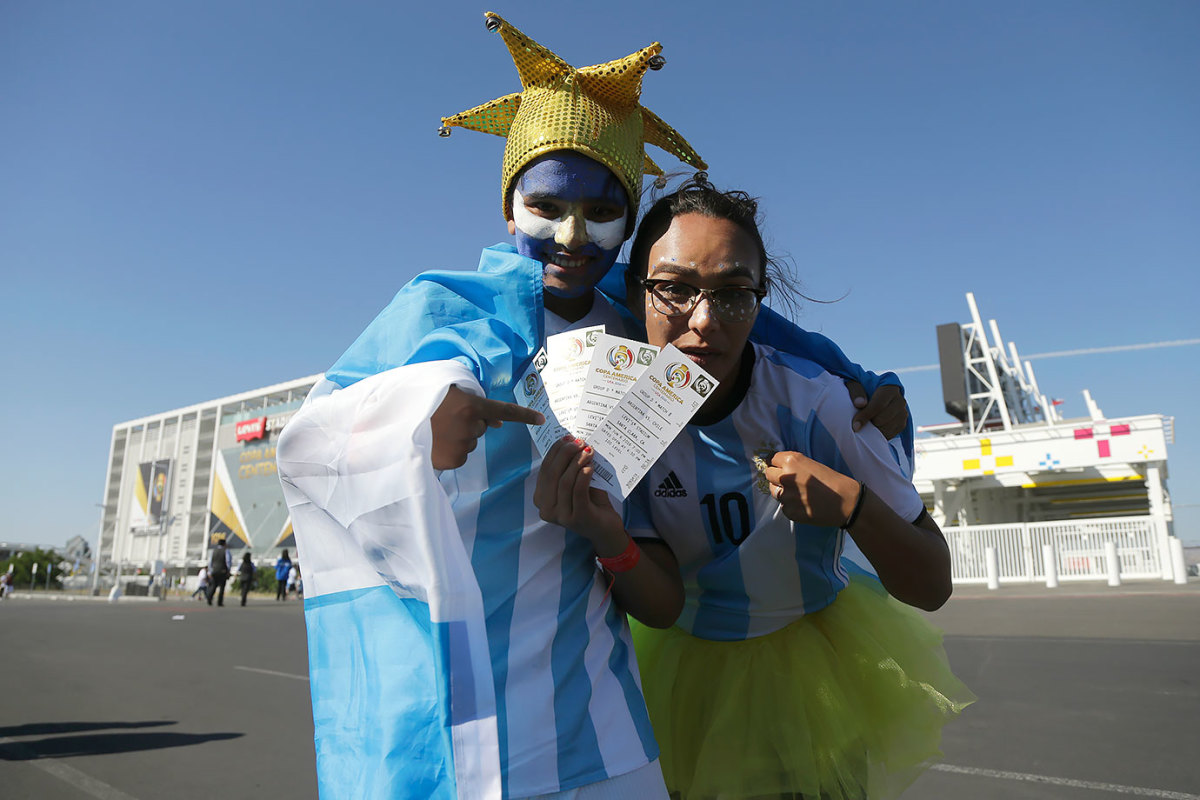
Argentina
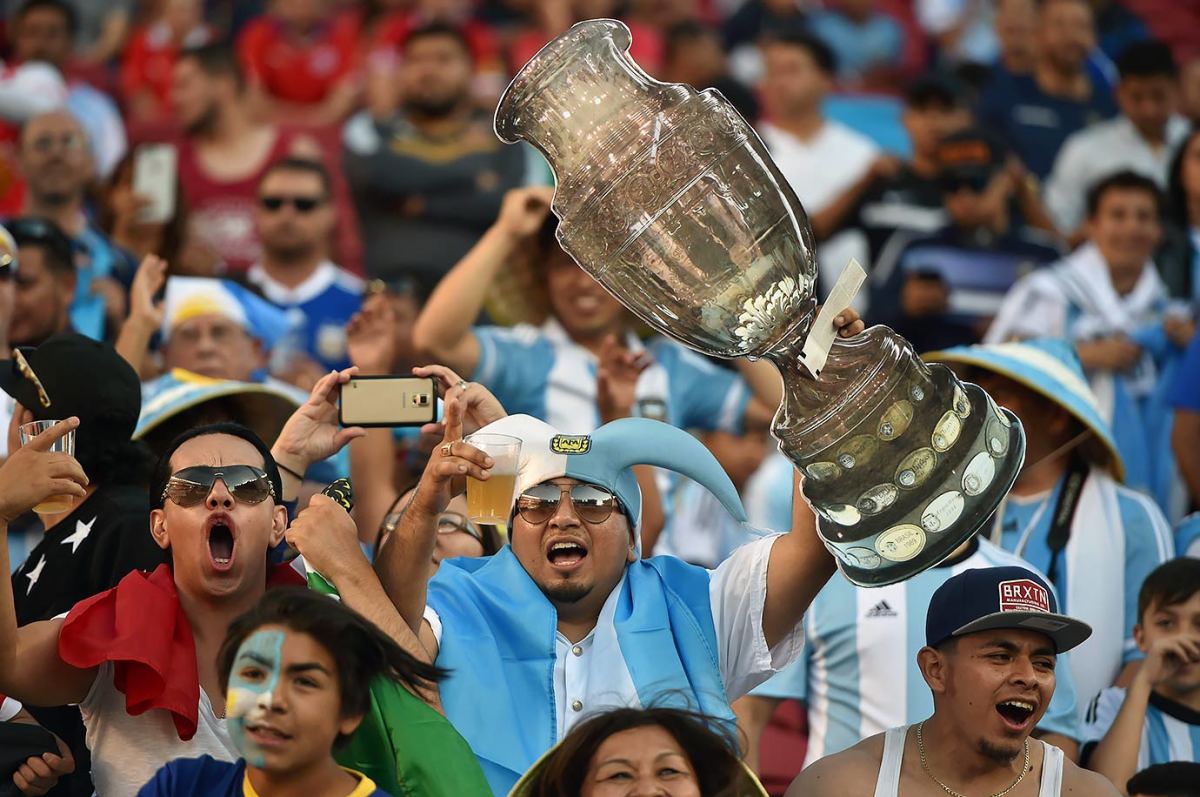
Argentina
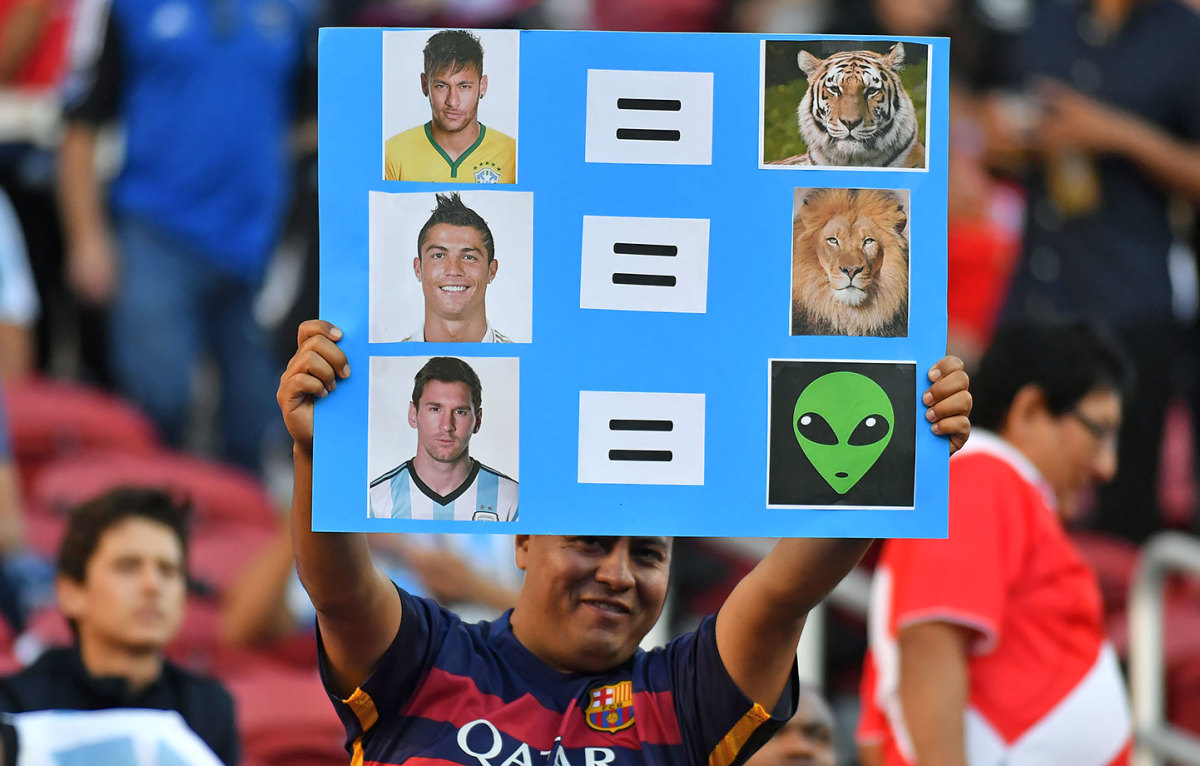
Argentina
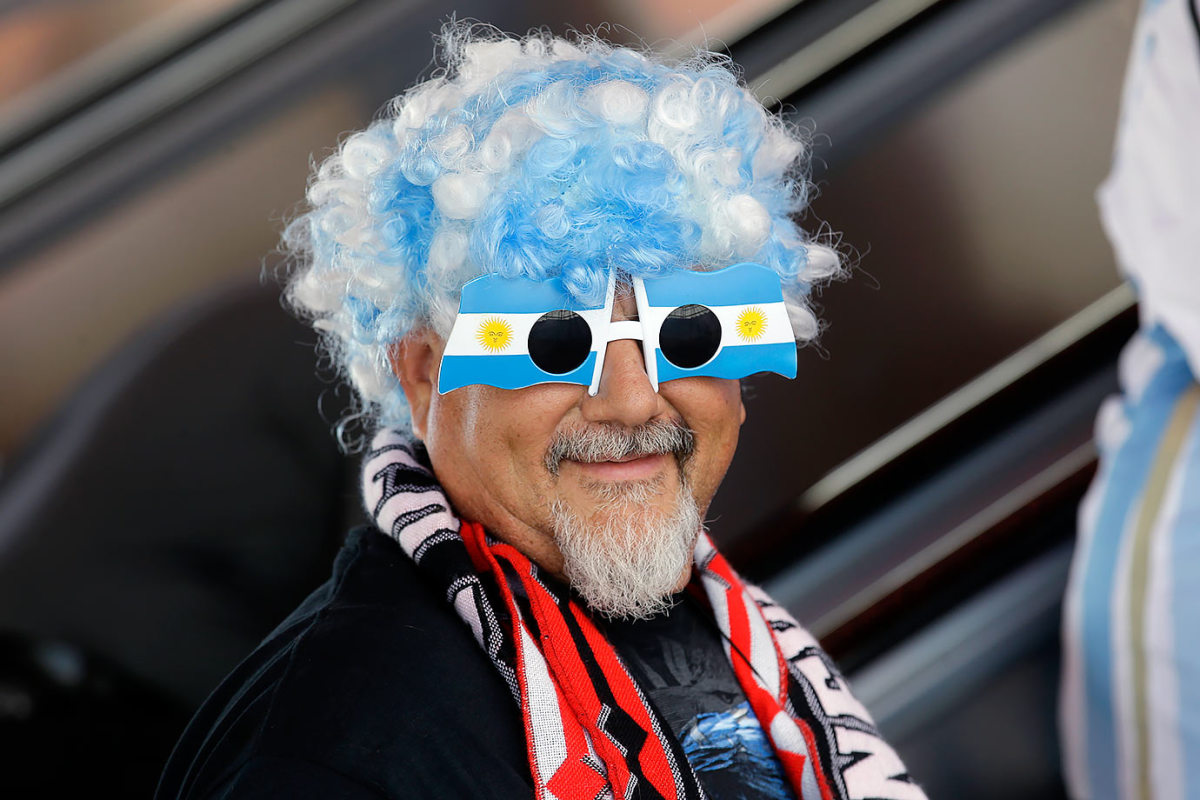
Argentina
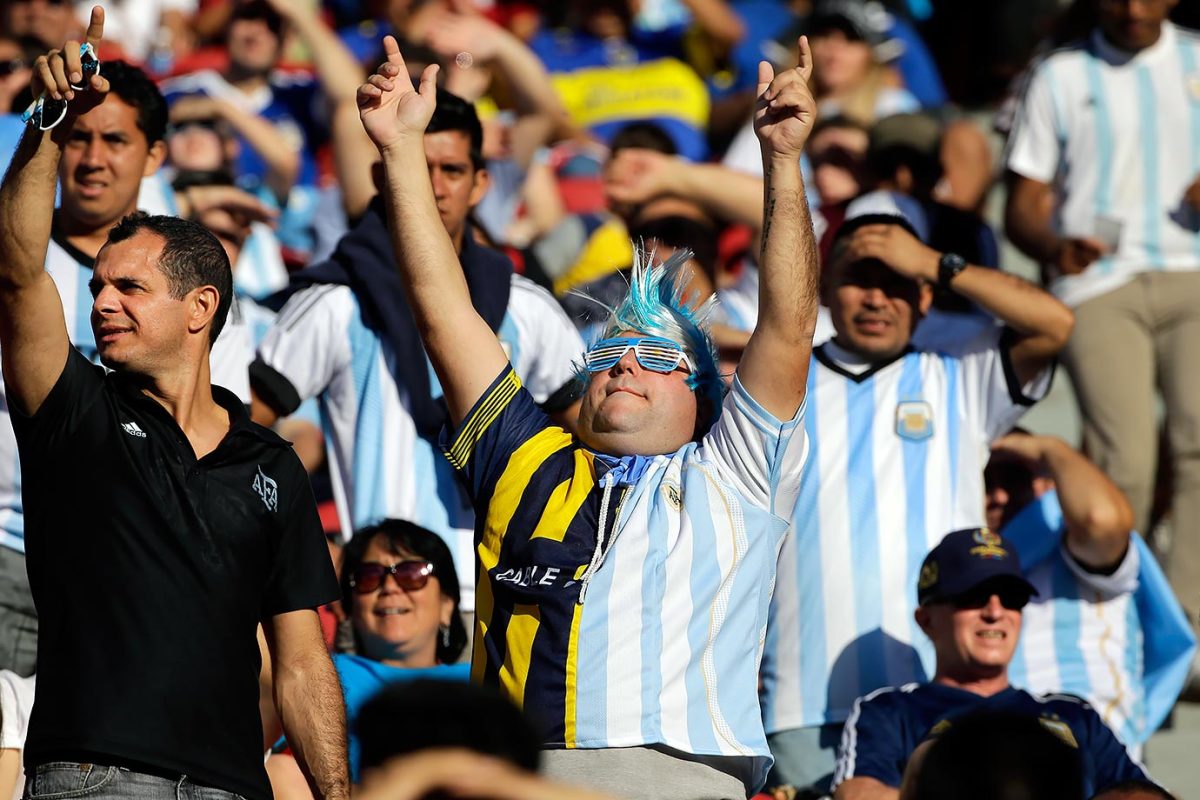
Argentina
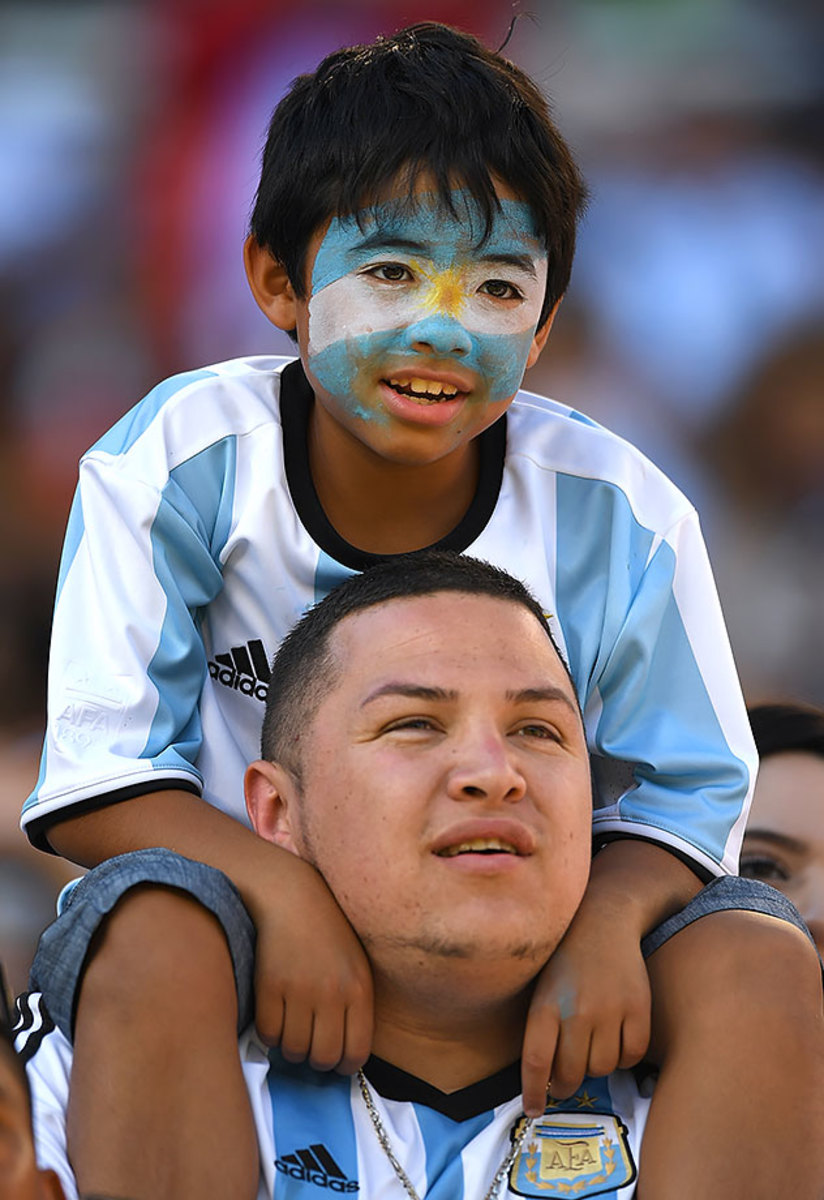
Argentina
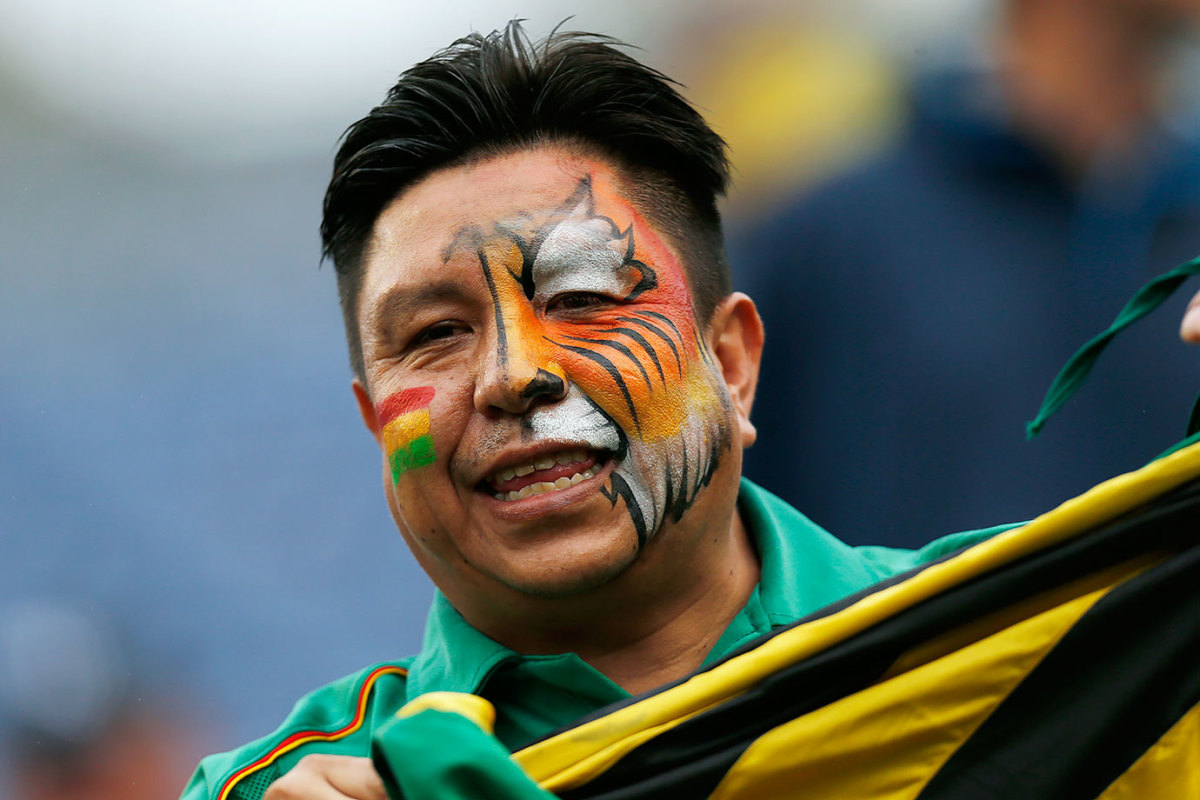
Bolivia
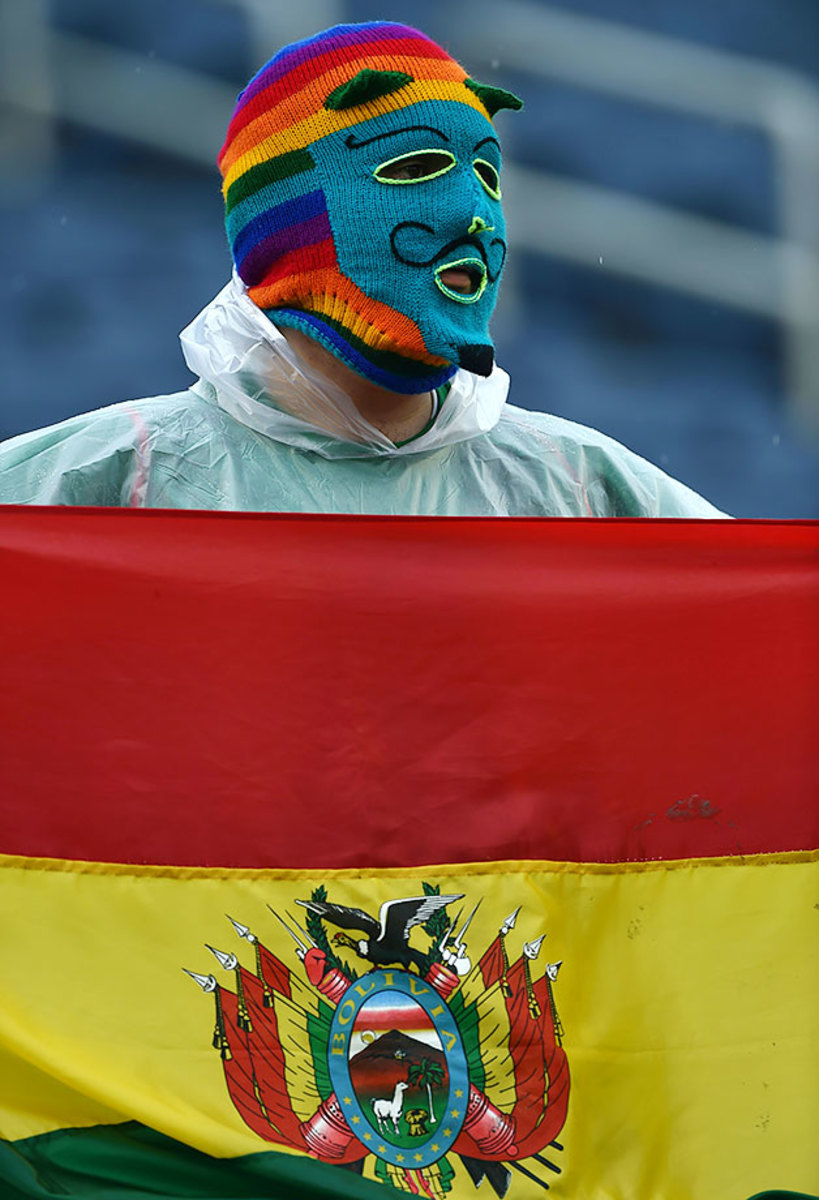
Bolivia
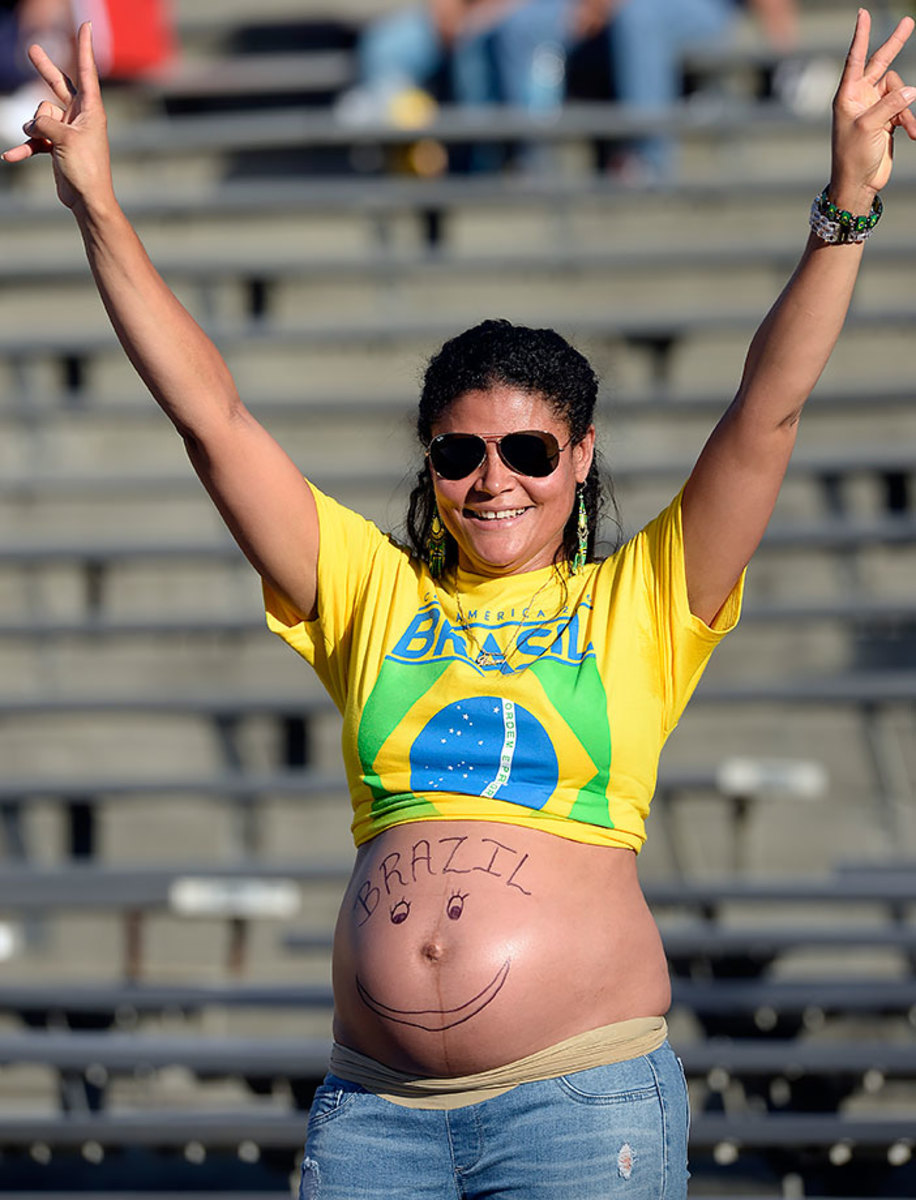
Brazil
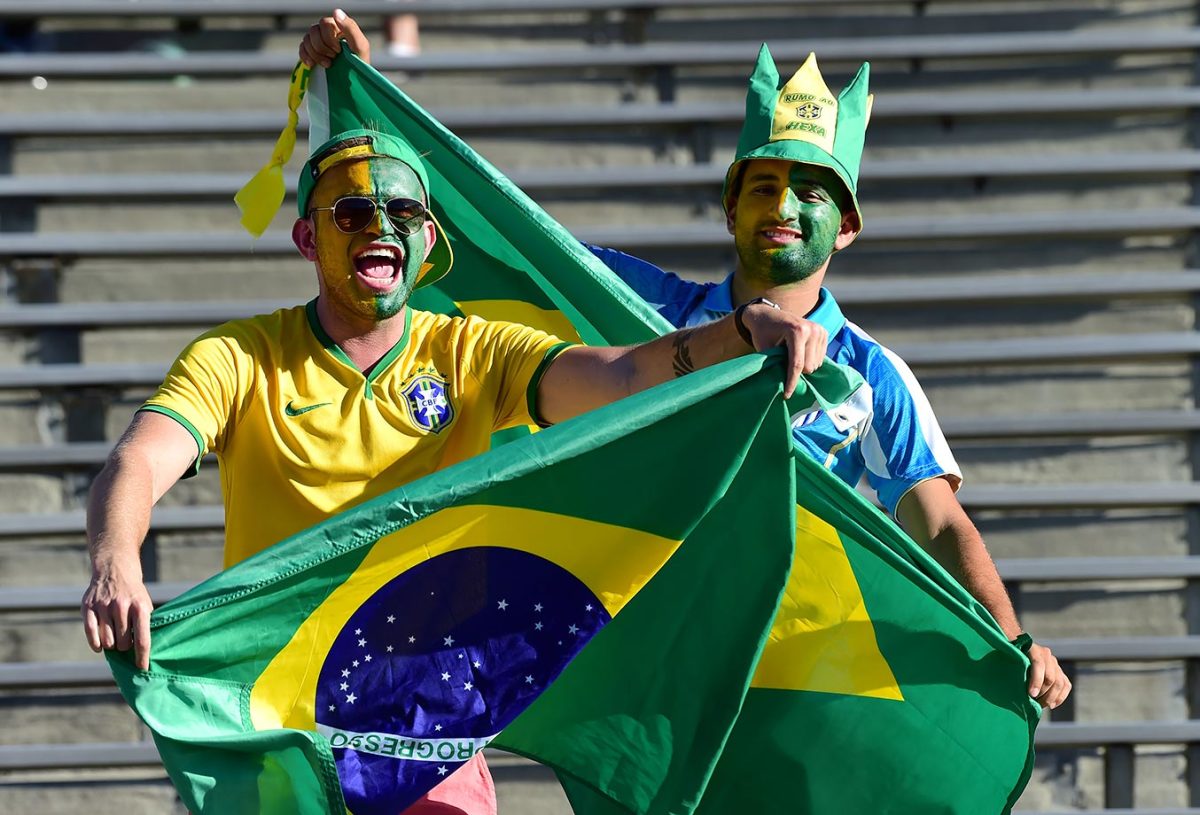
Brazil
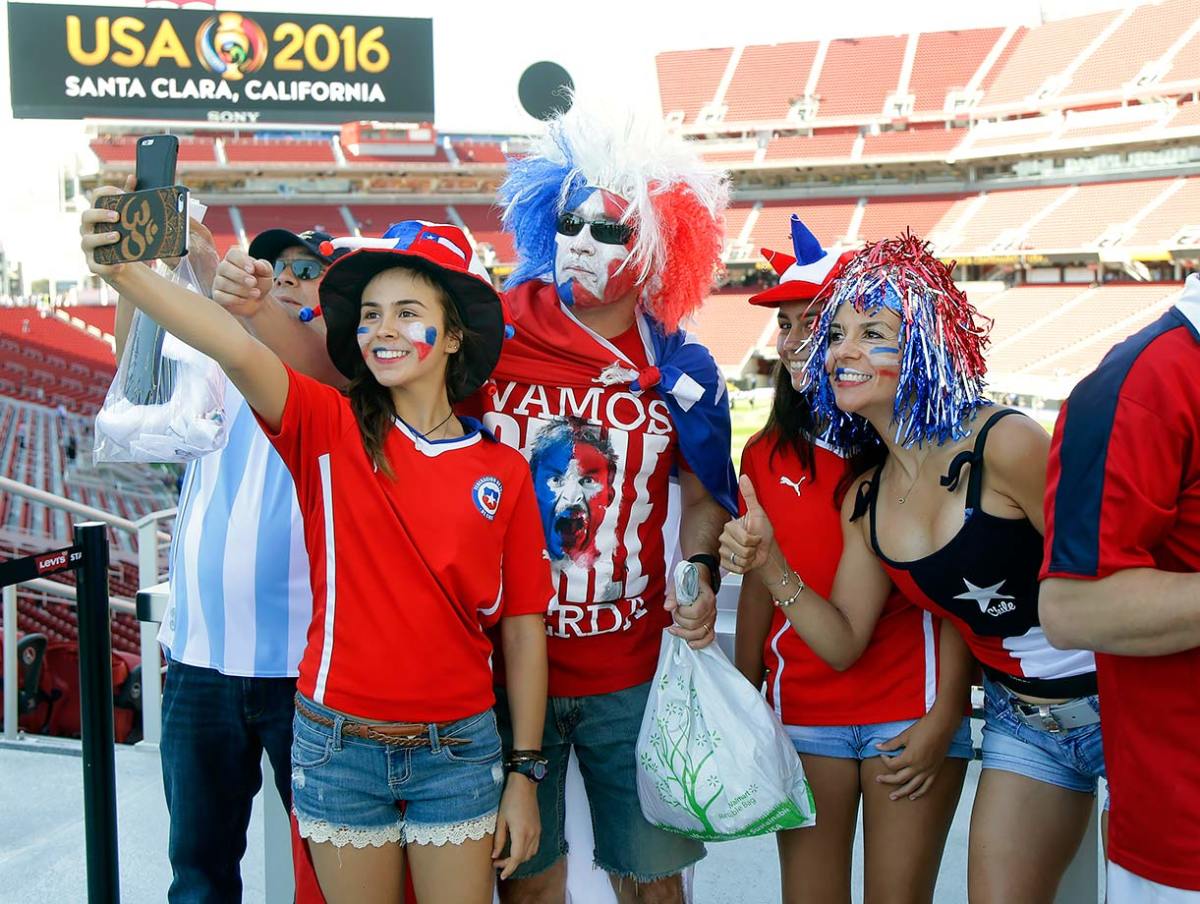
Chile
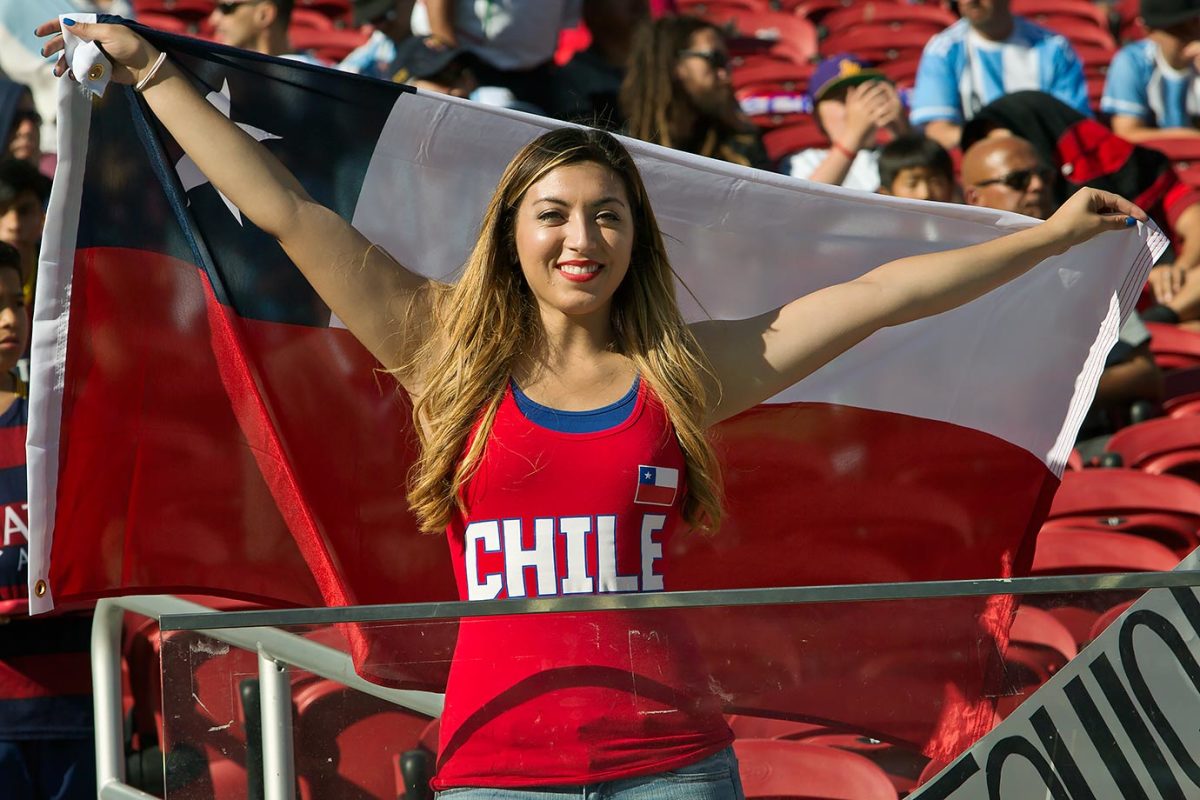
Chile
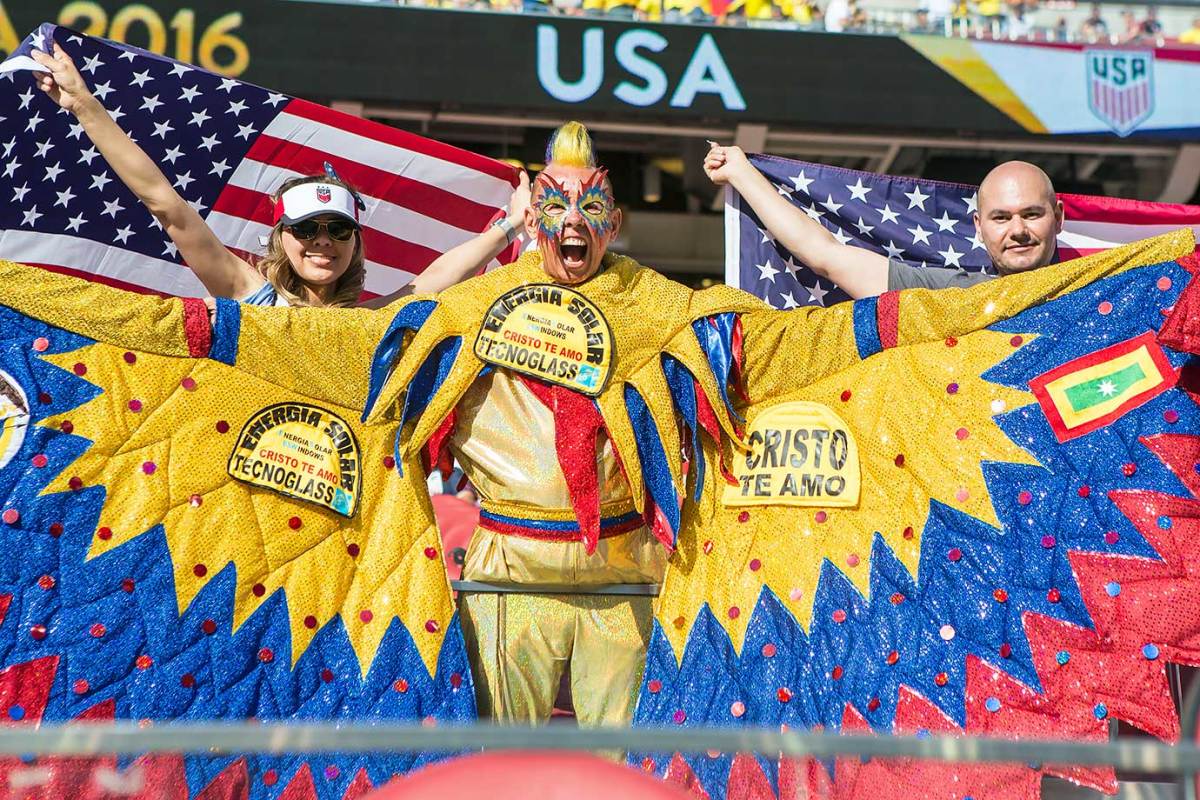
Colombia and USA

Colombia

Colombia
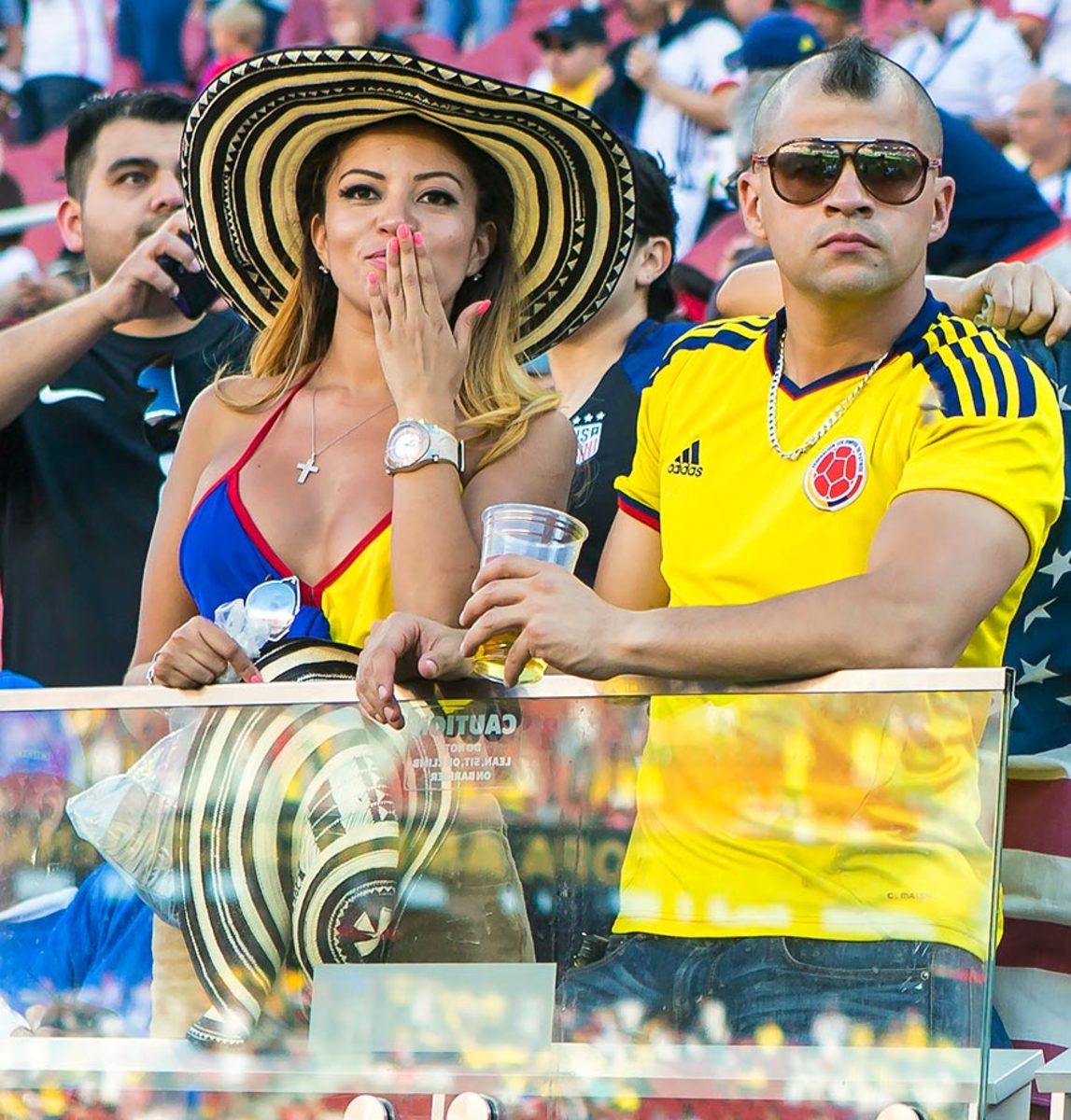
Colombia
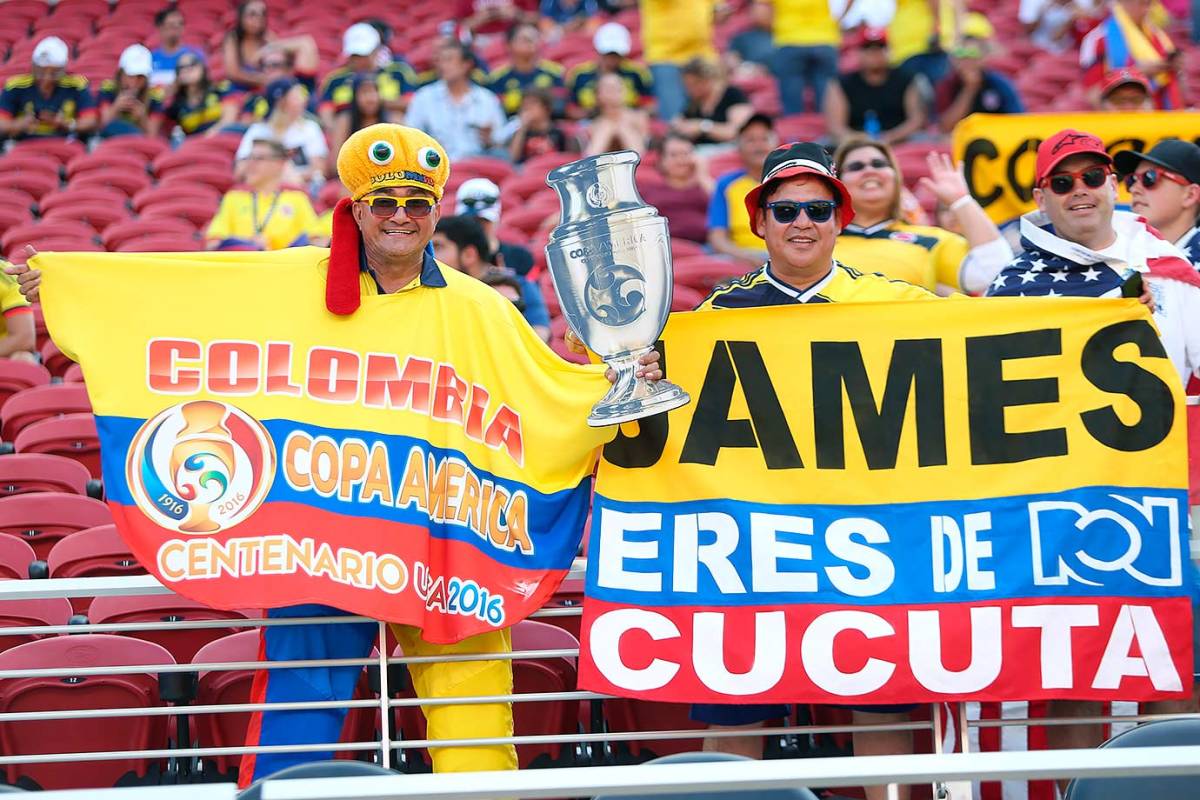
Colombia
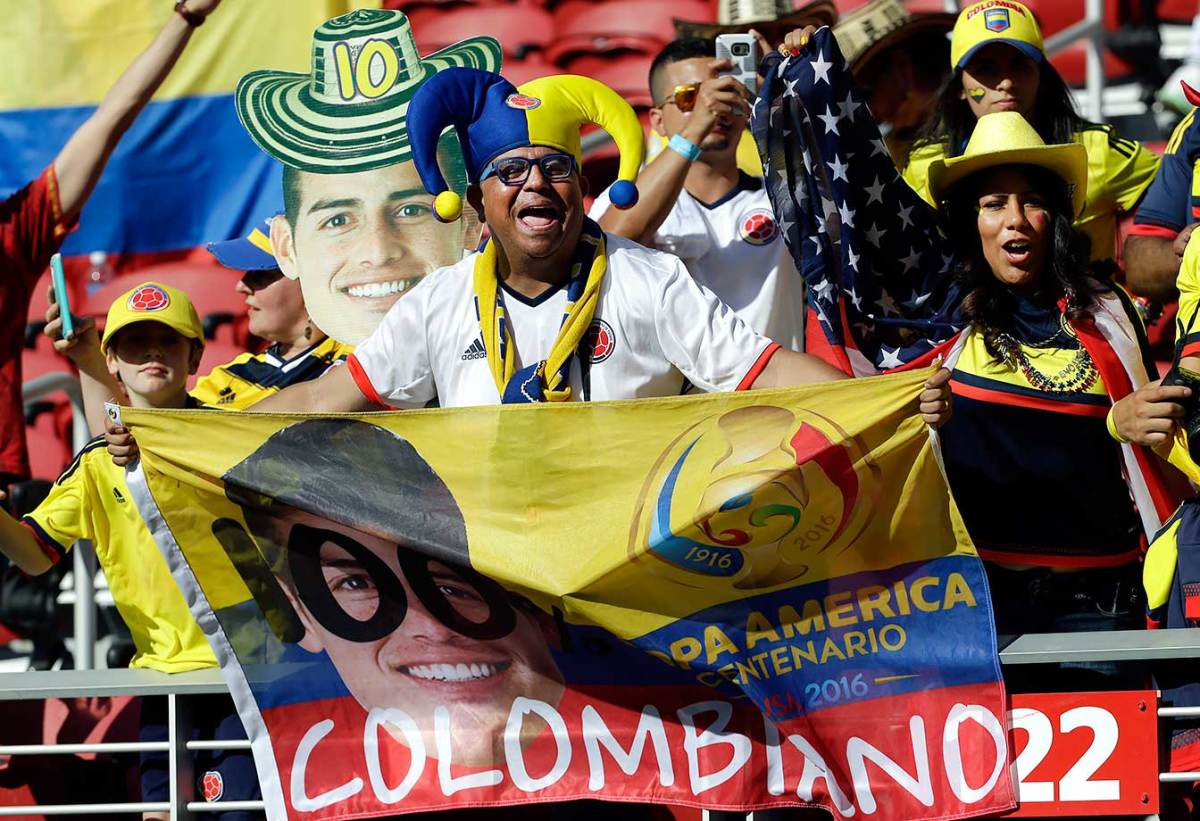
Colombia
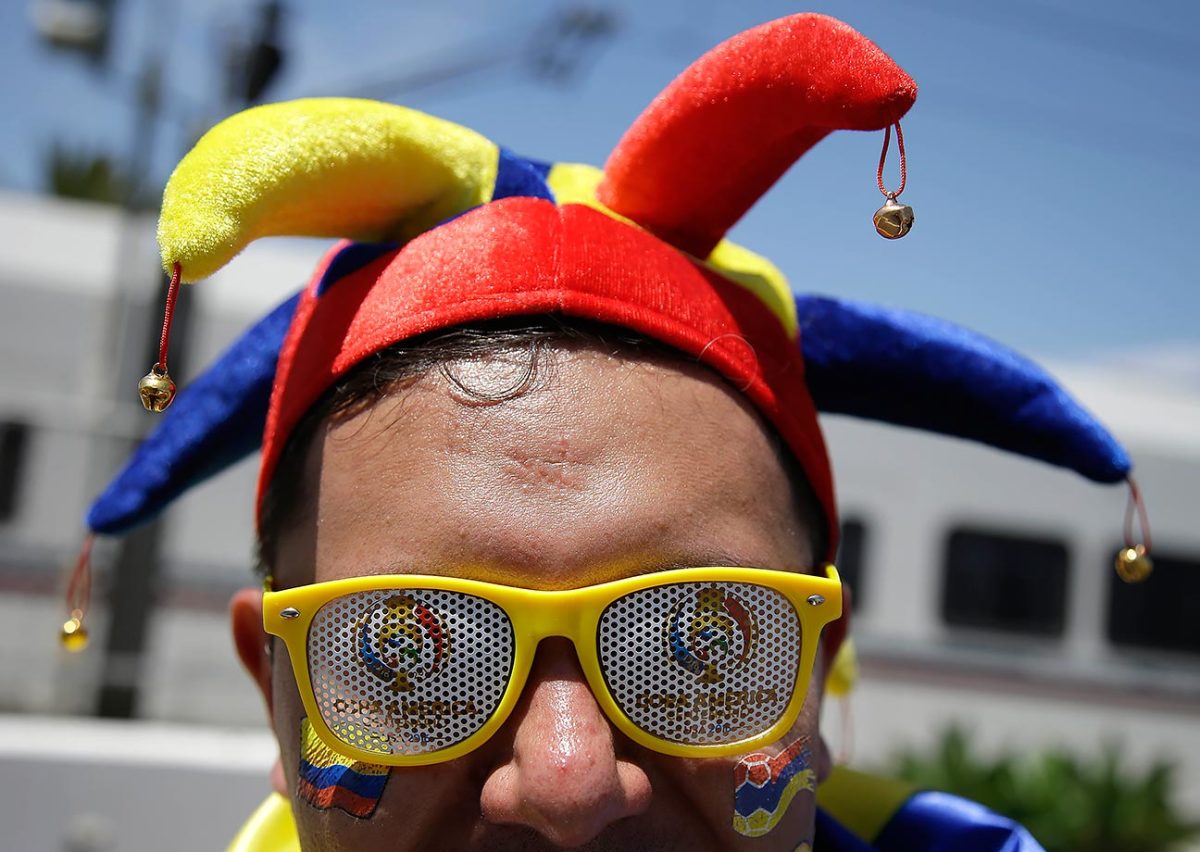
Colombia
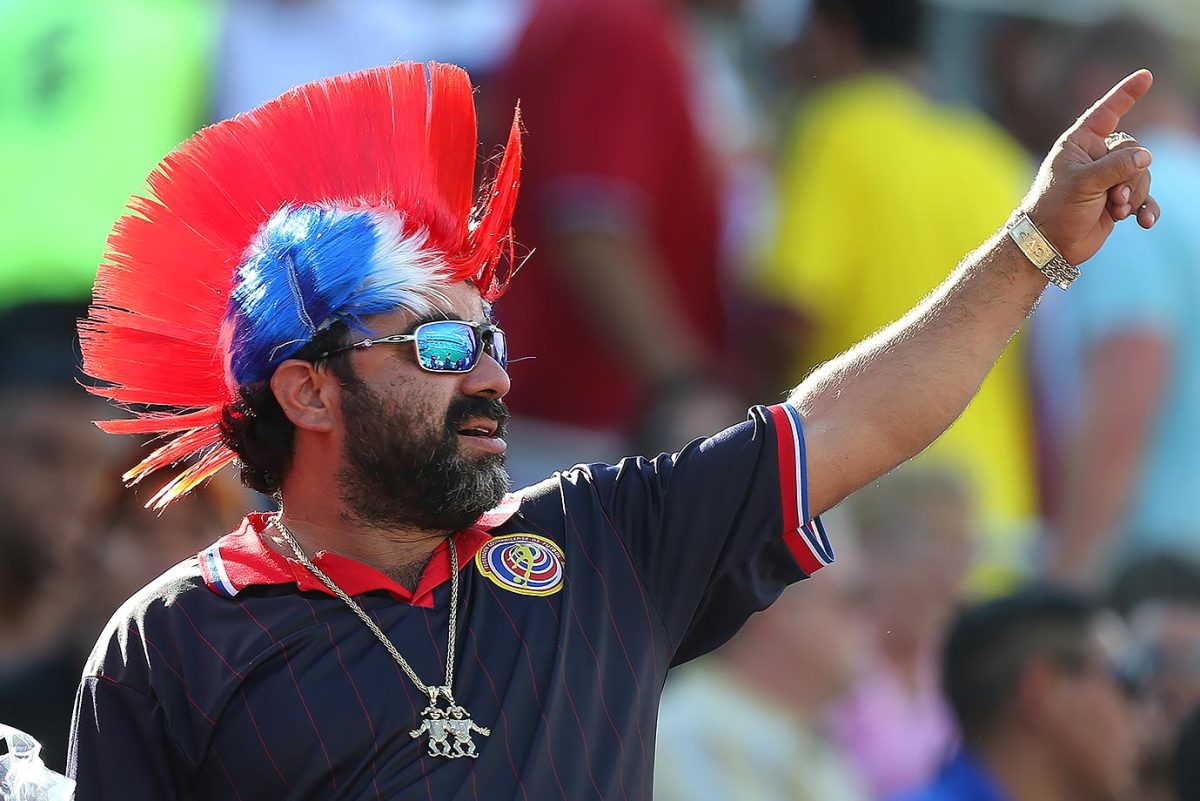
Costa Rica
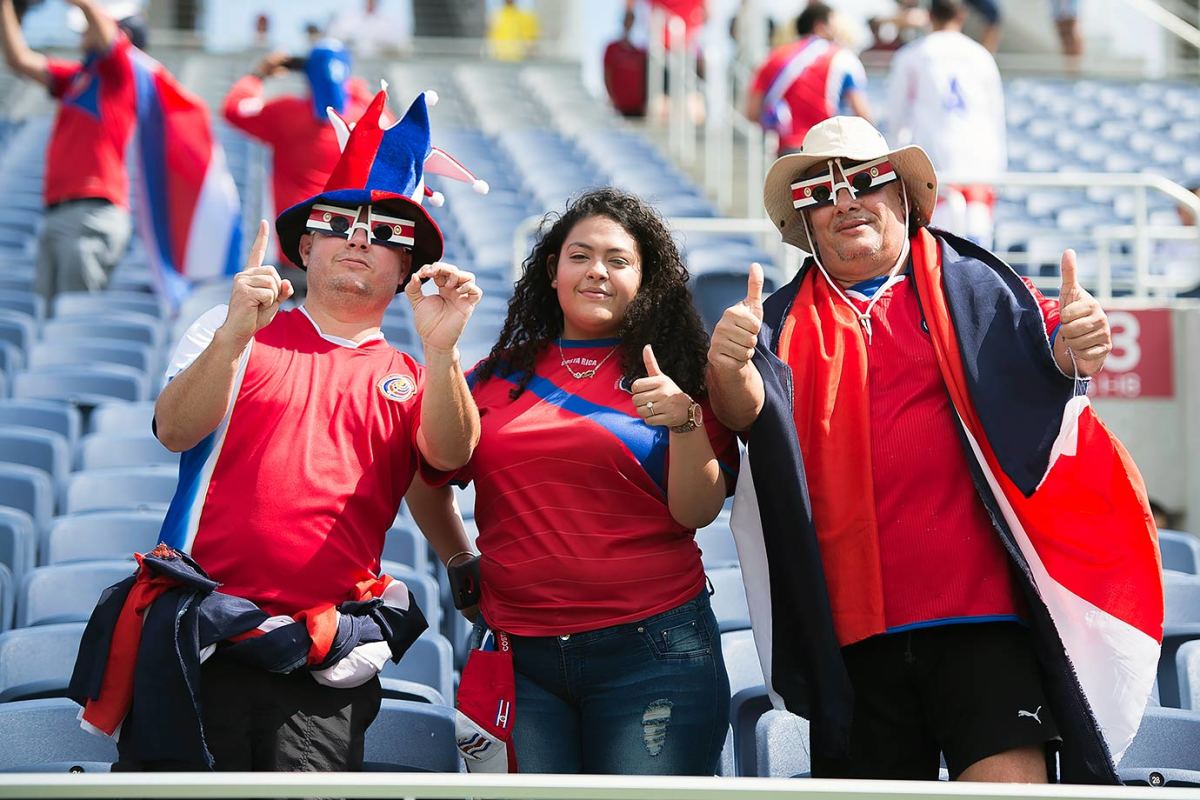
Costa Rica
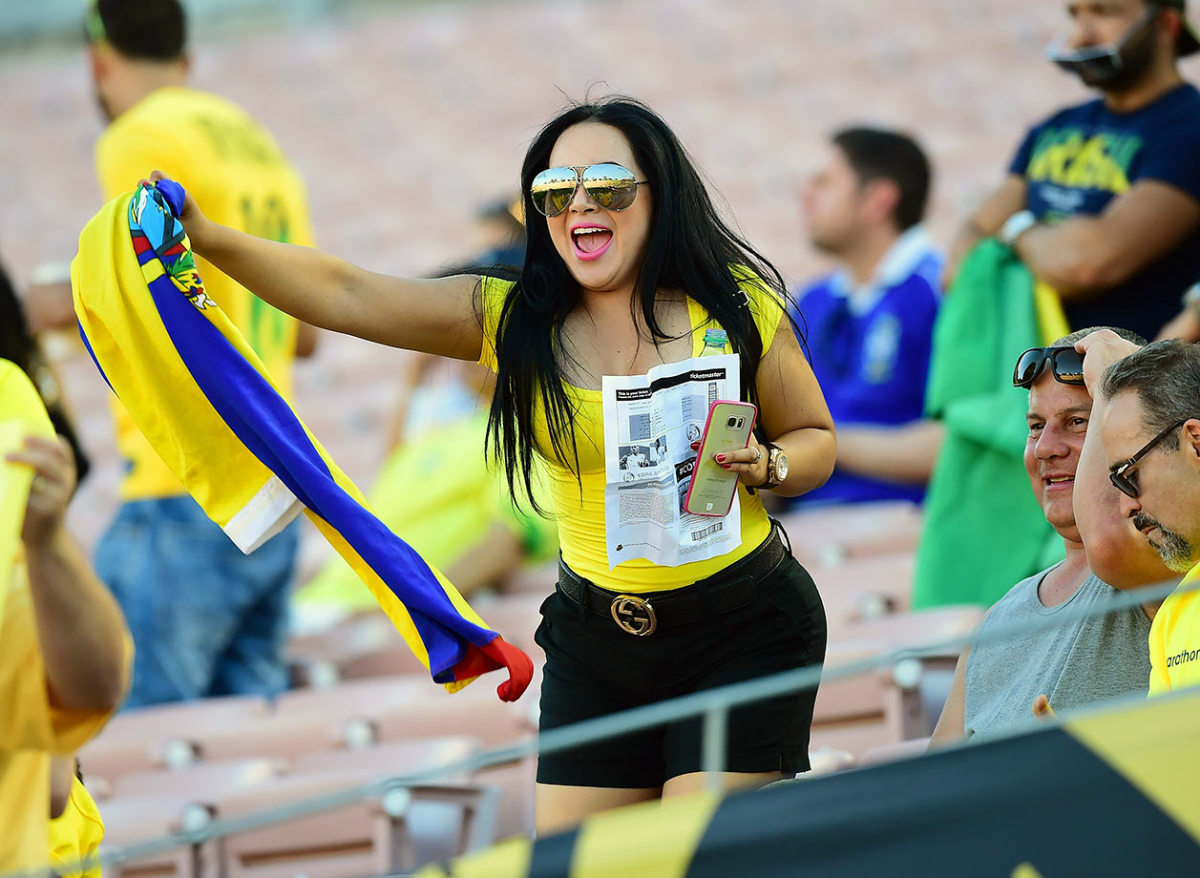
Ecuador
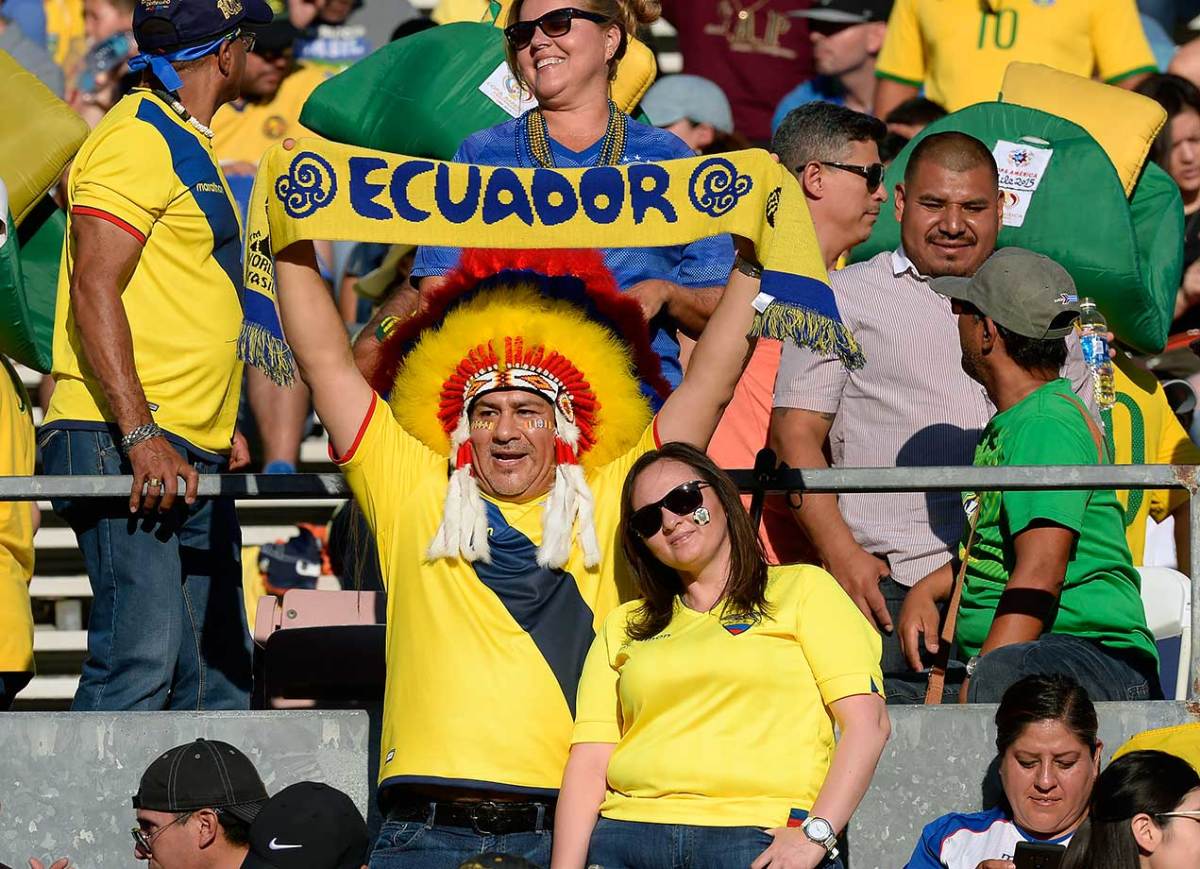
Ecuador
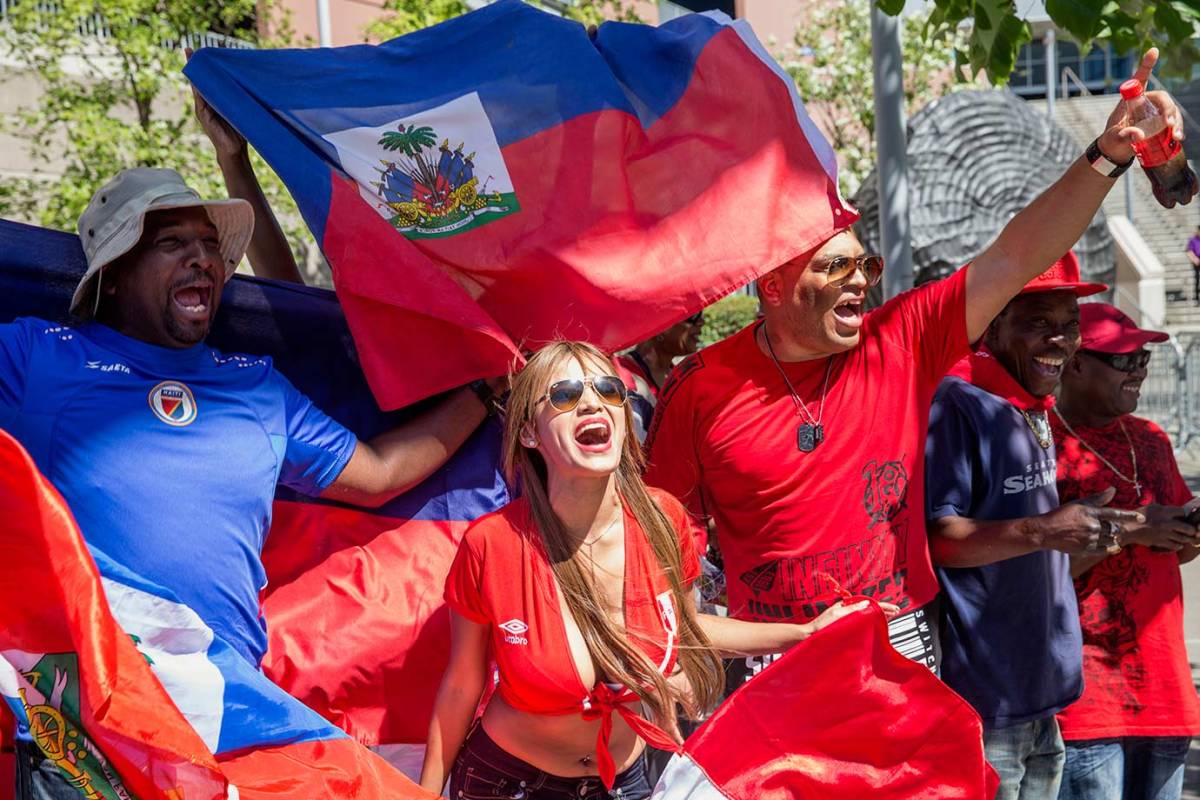
Haiti and Peru
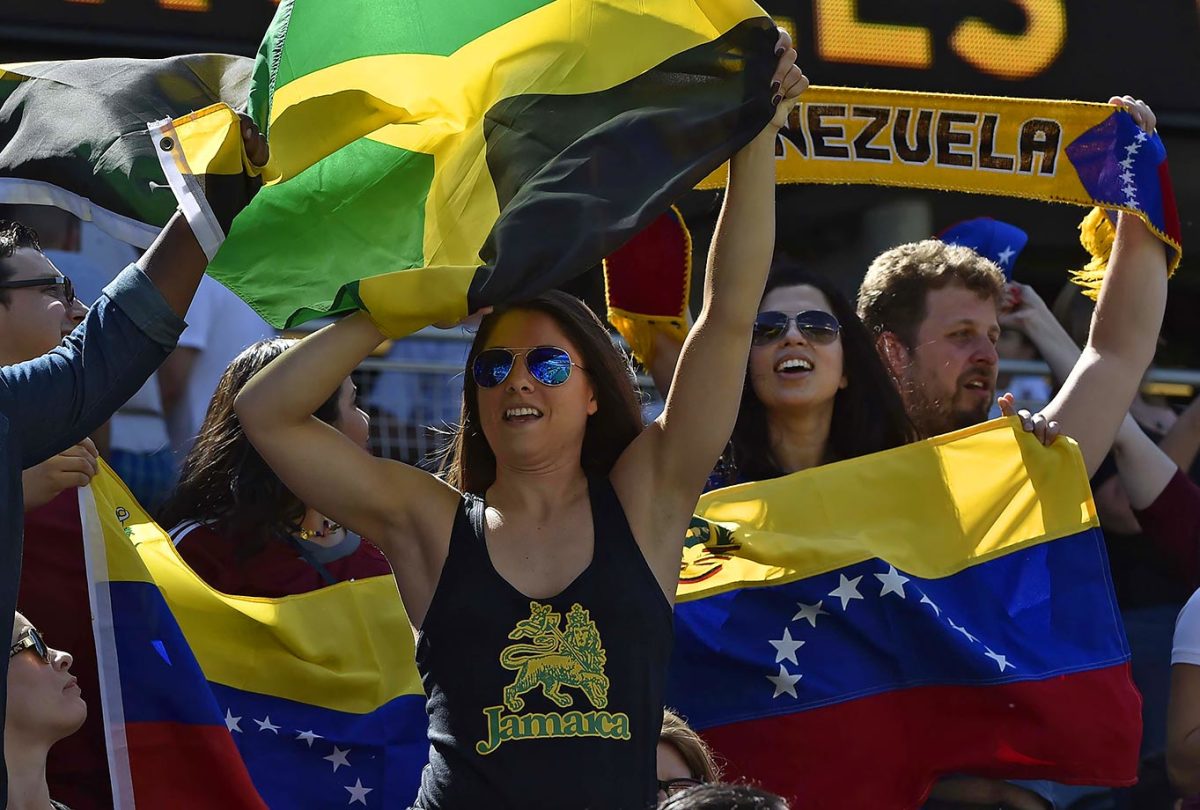
Jamaica and Venezuela
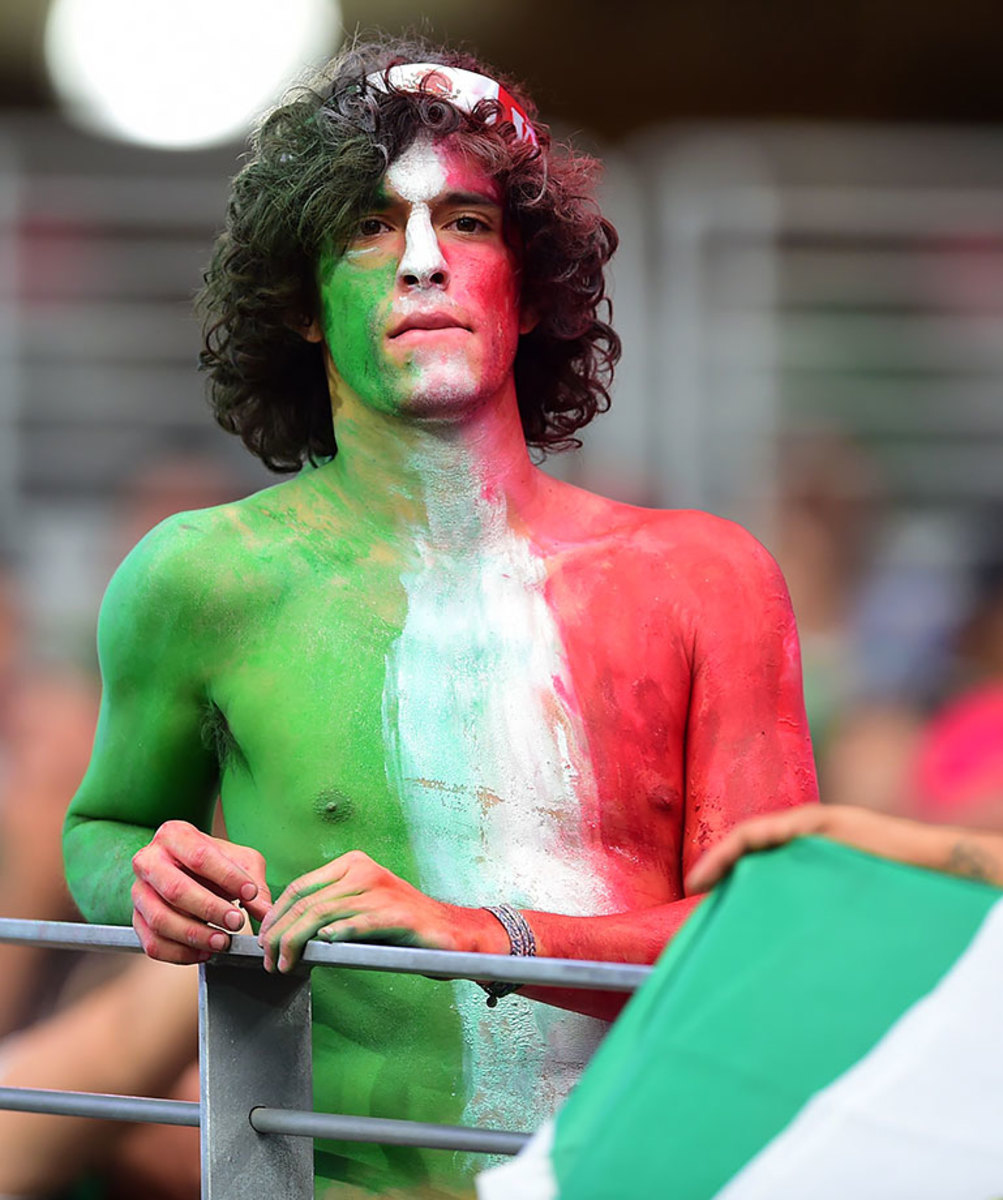
Mexico
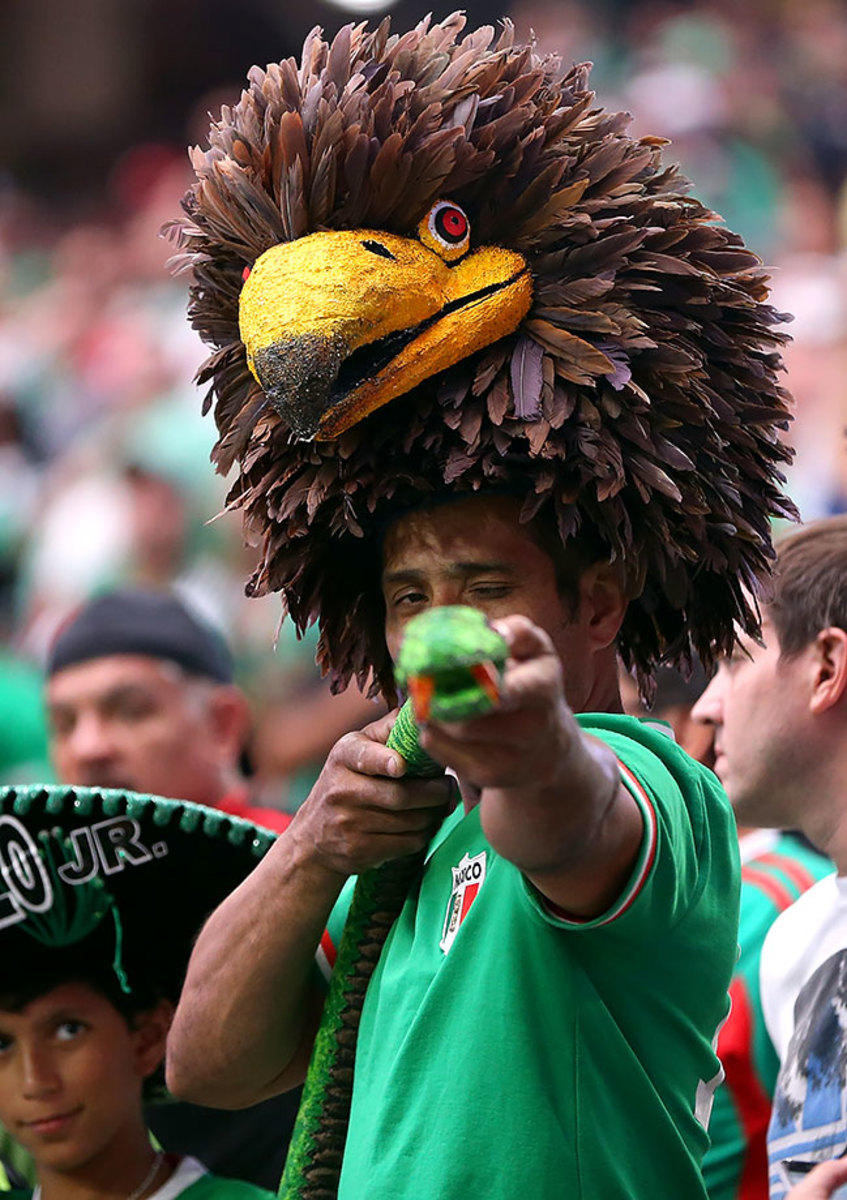
Mexico
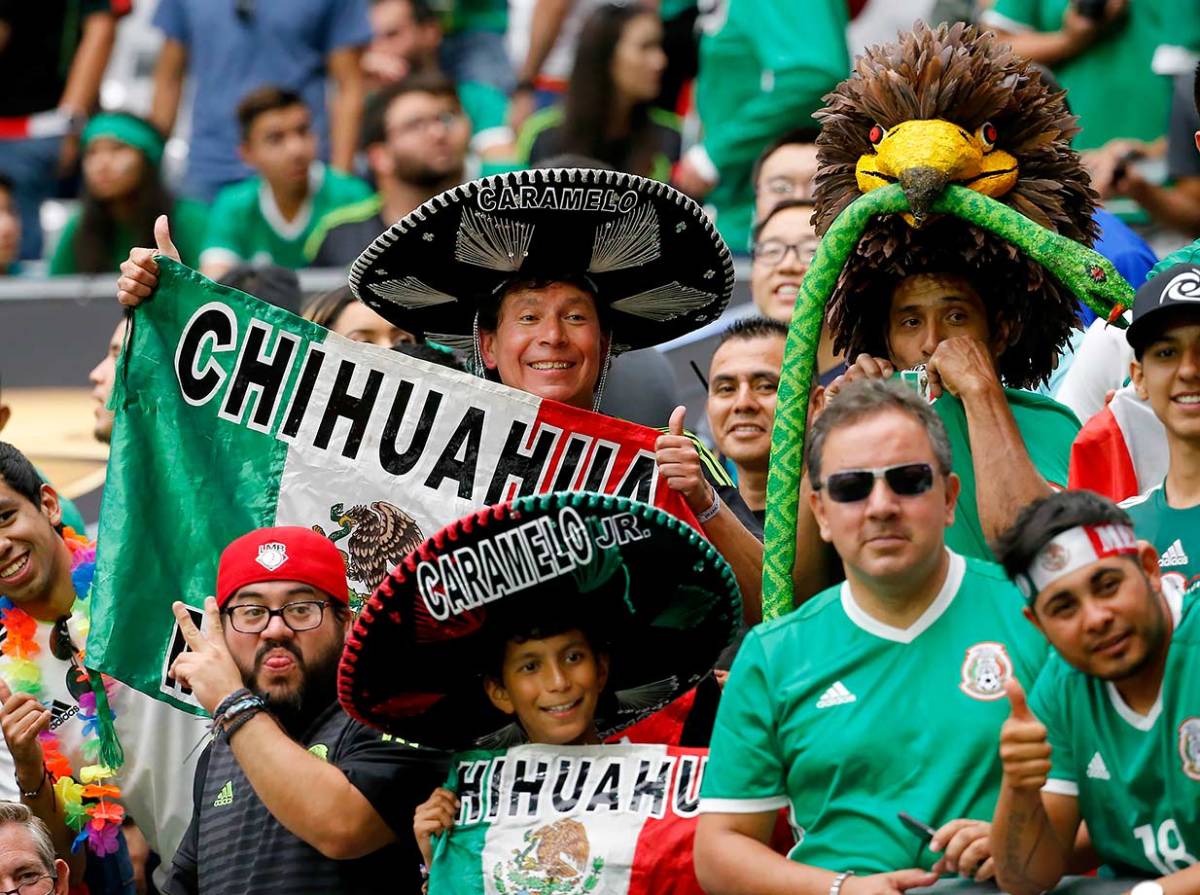
Mexico
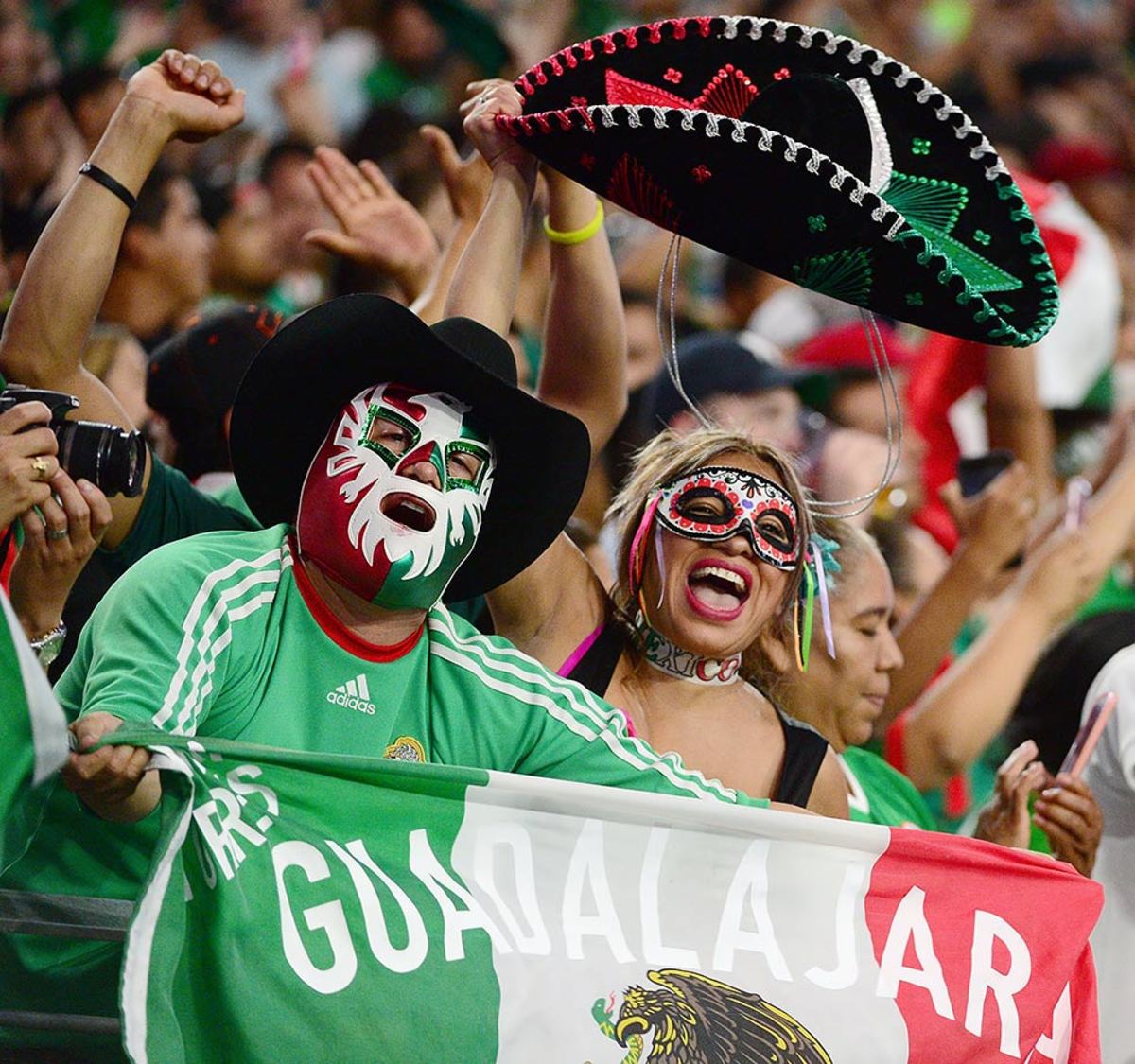
Mexico
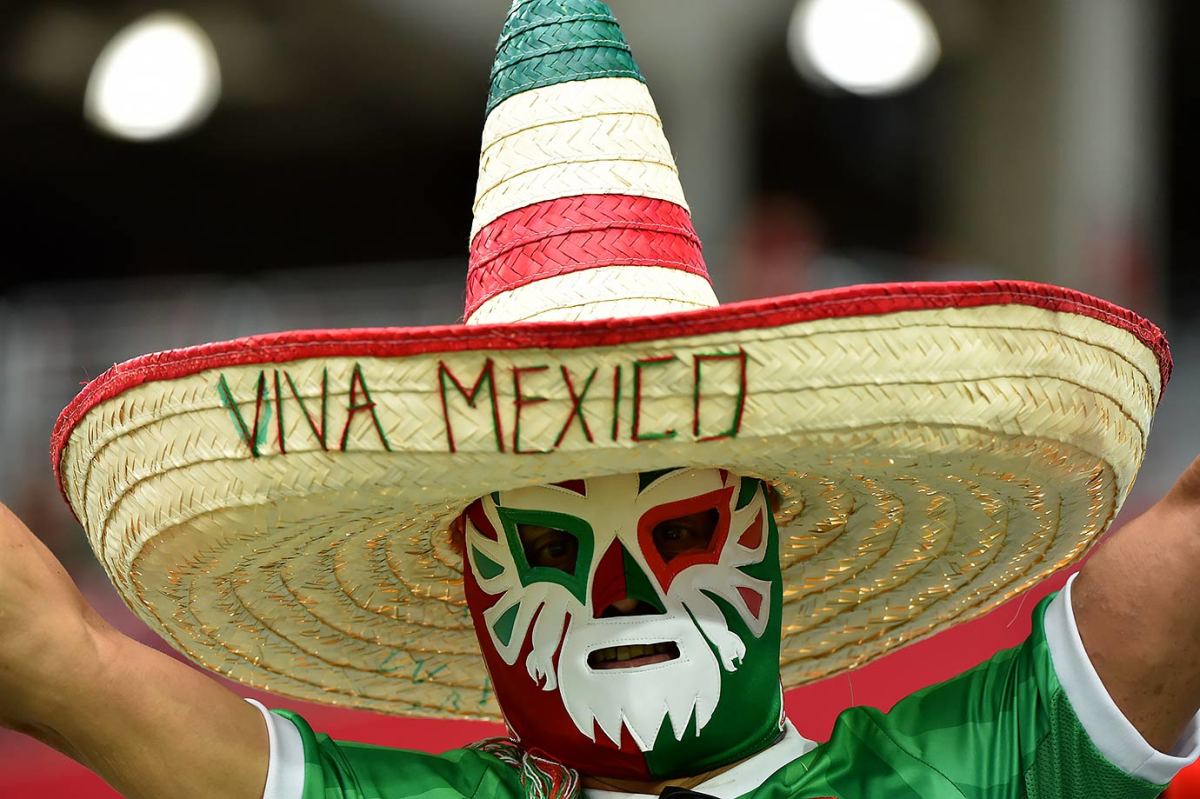
Mexico
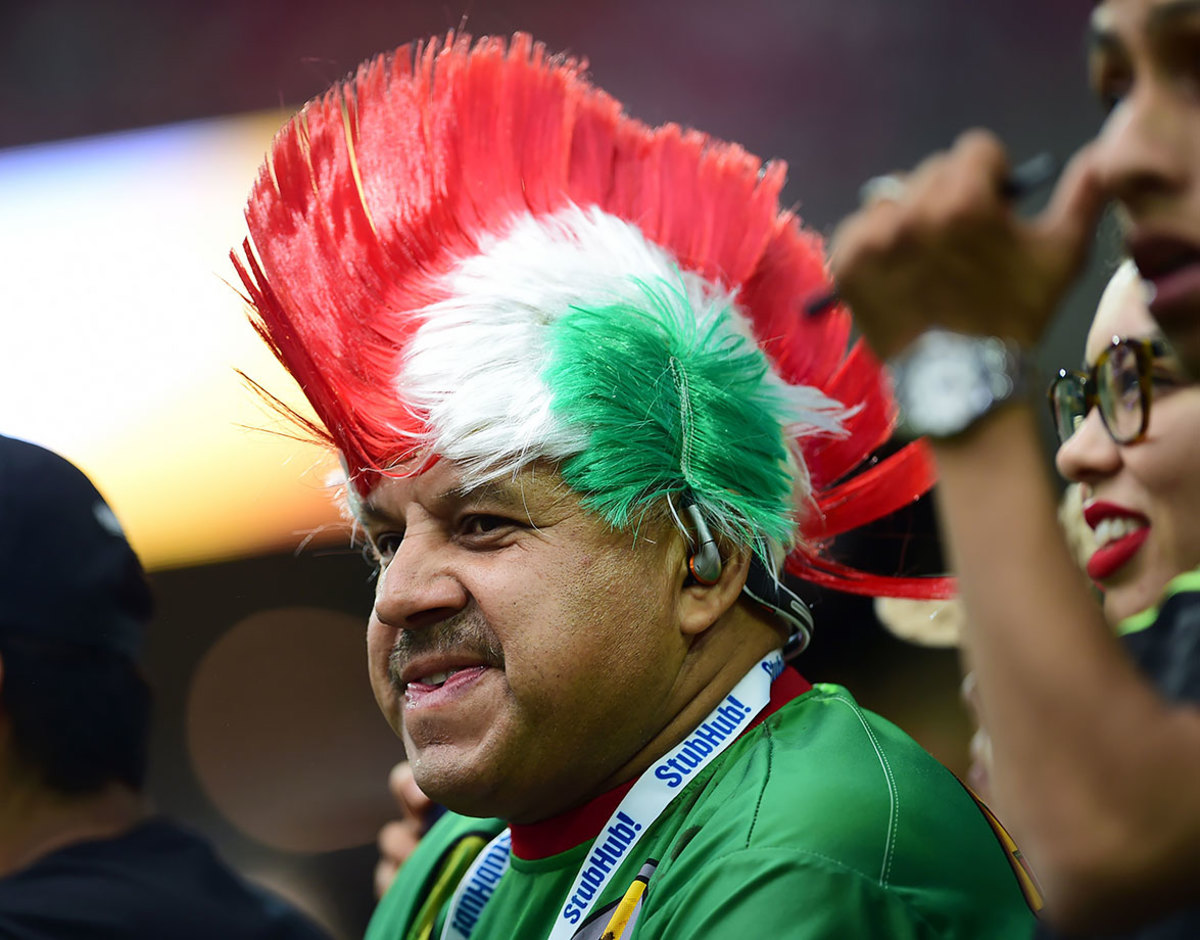
Mexico
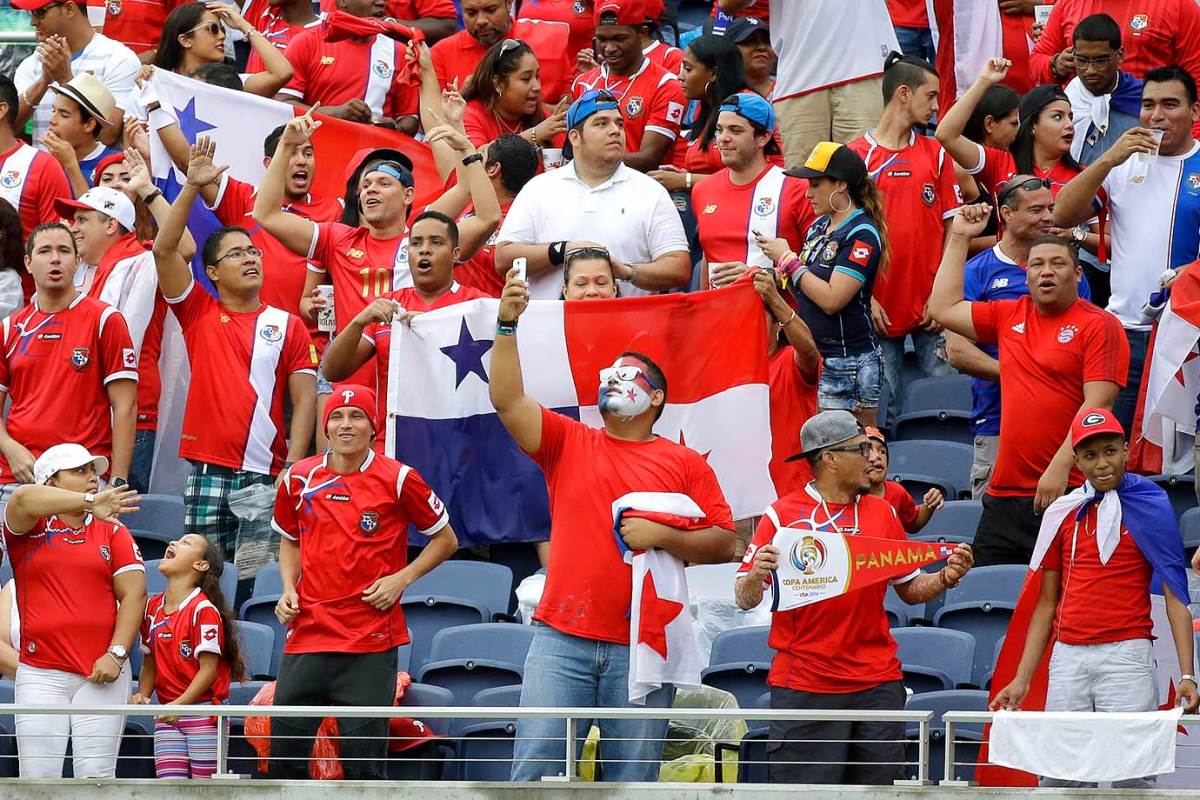
Panama
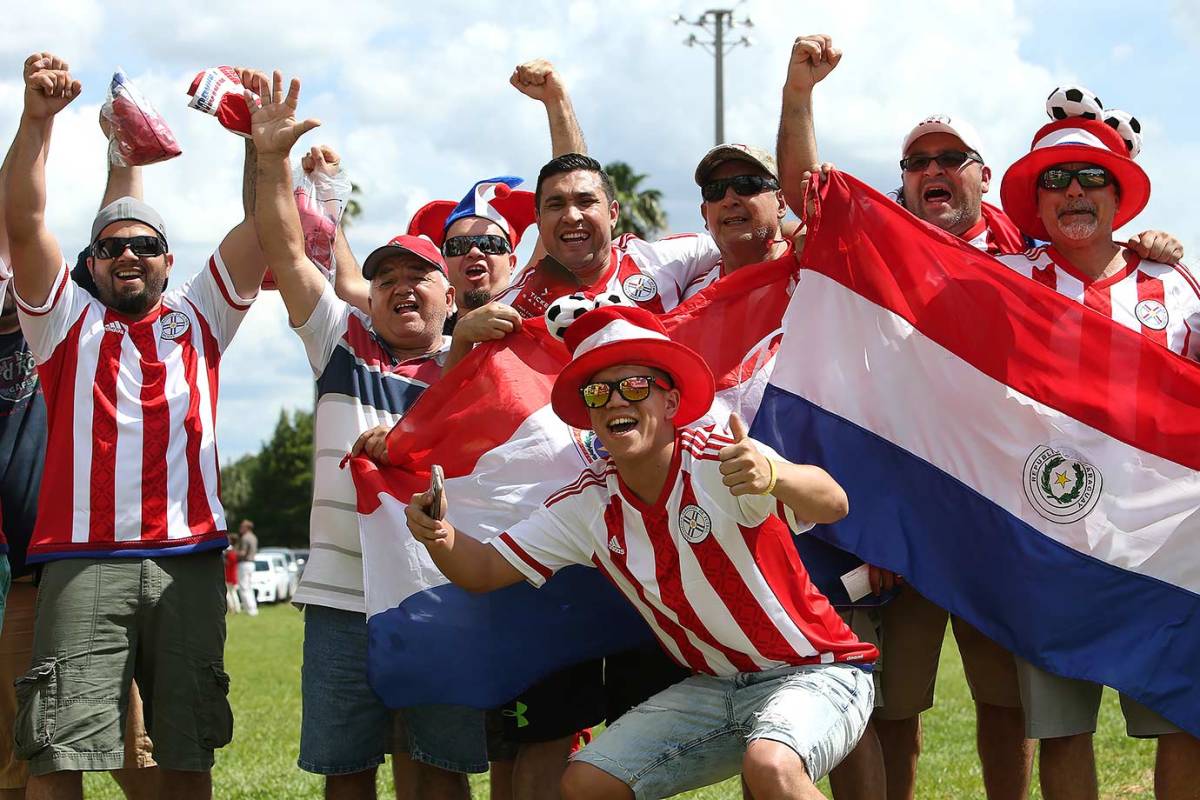
Paraguay
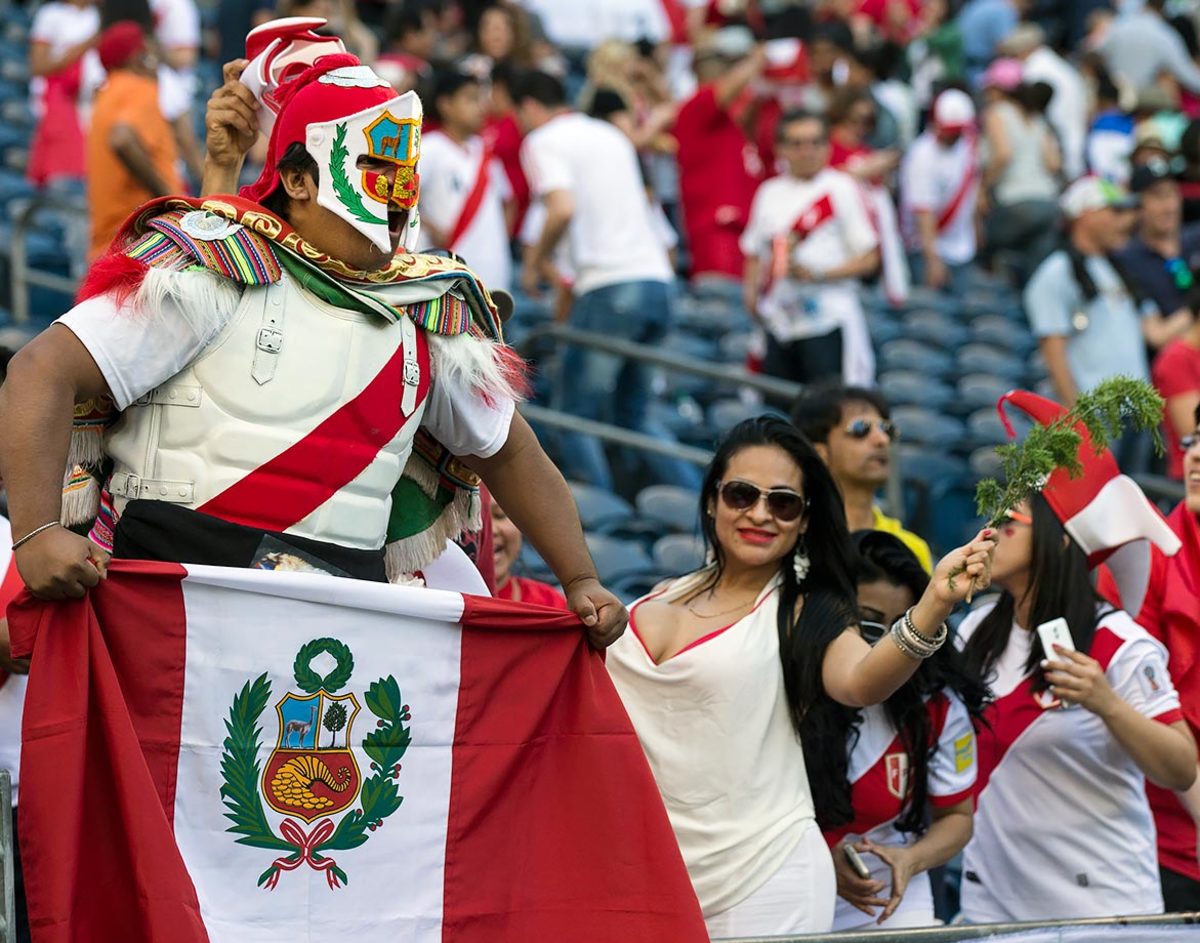
Peru
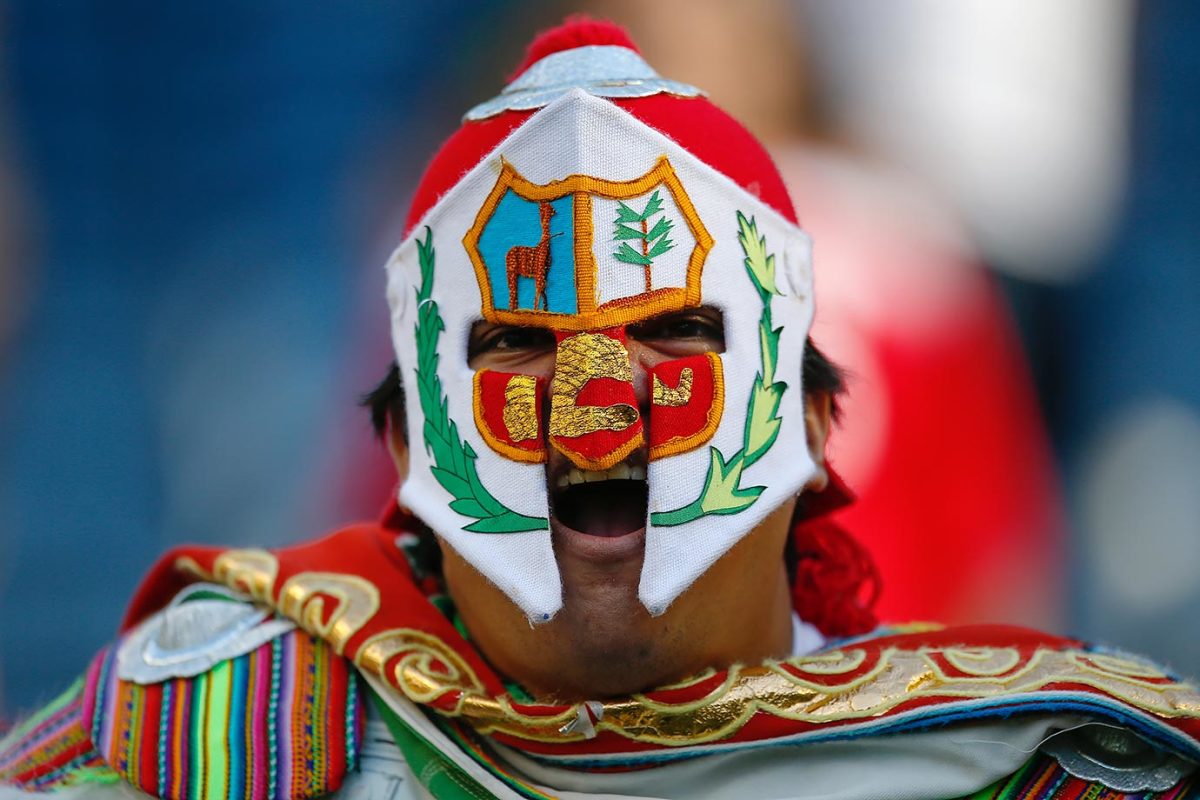
Peru
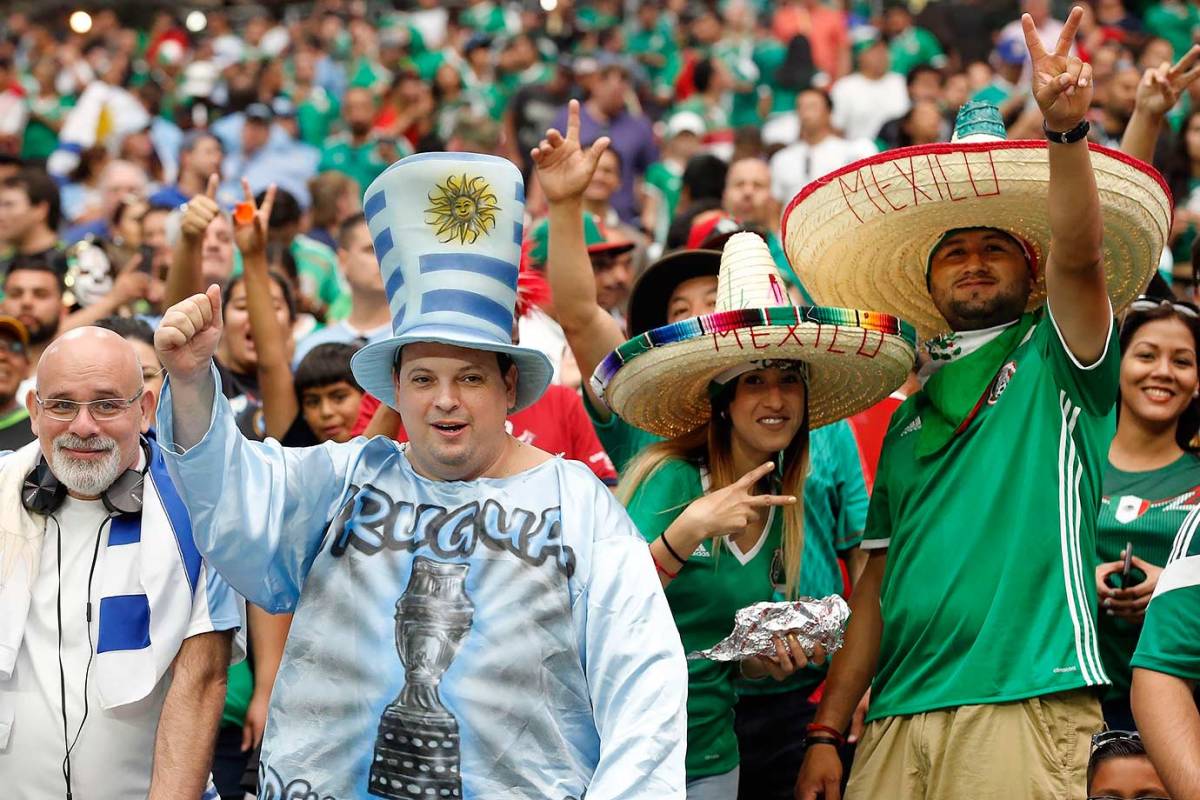
Uruguay and Mexico
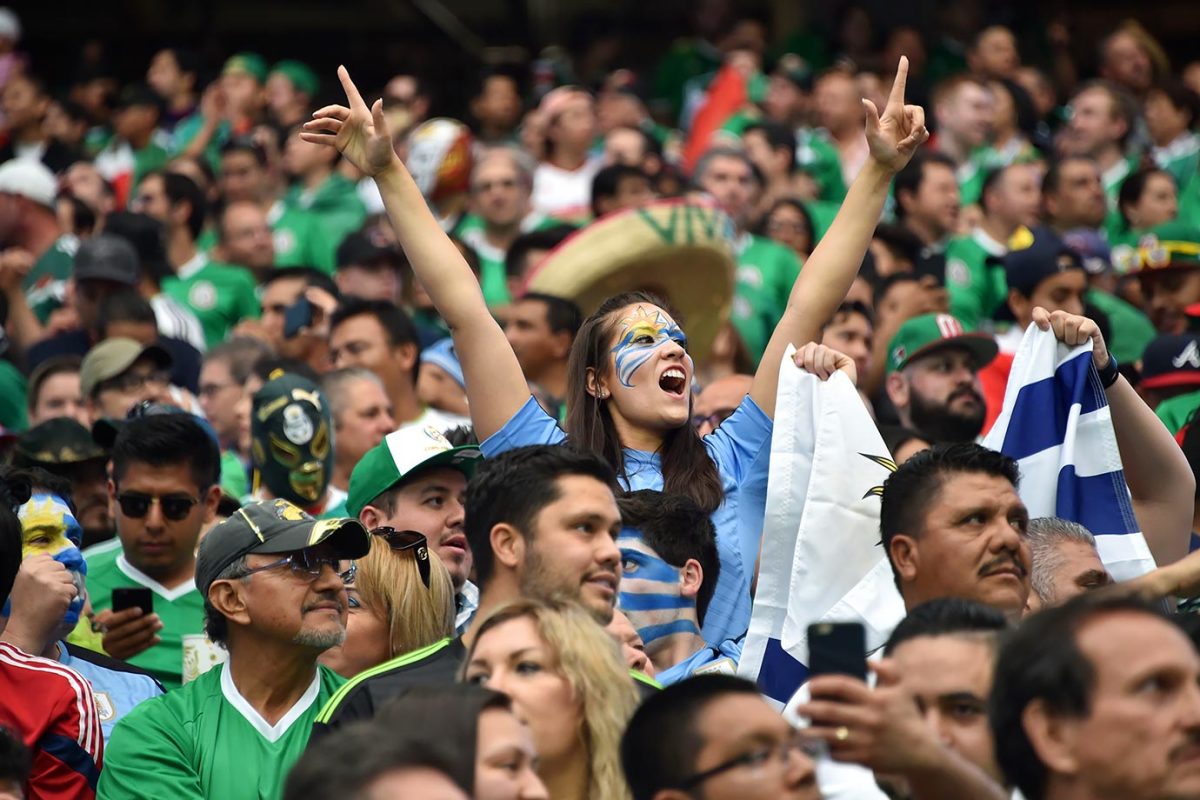
Uruguay
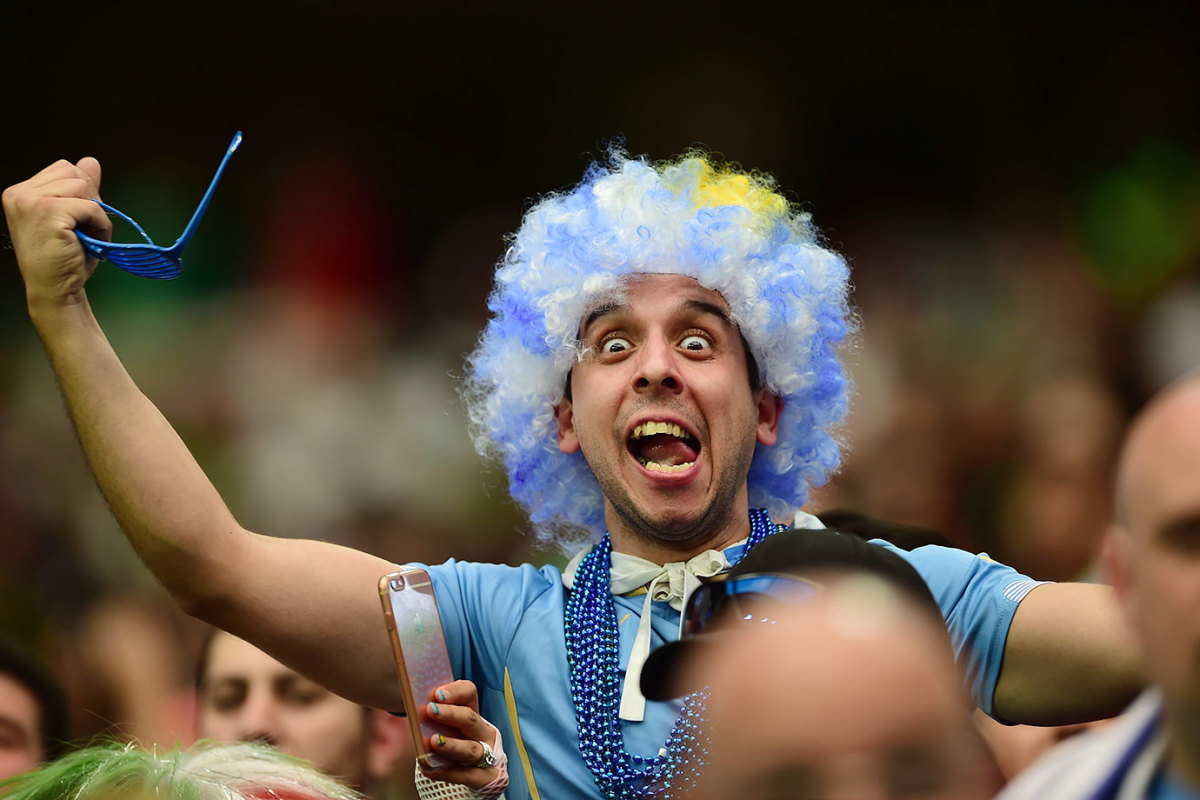
Uruguay
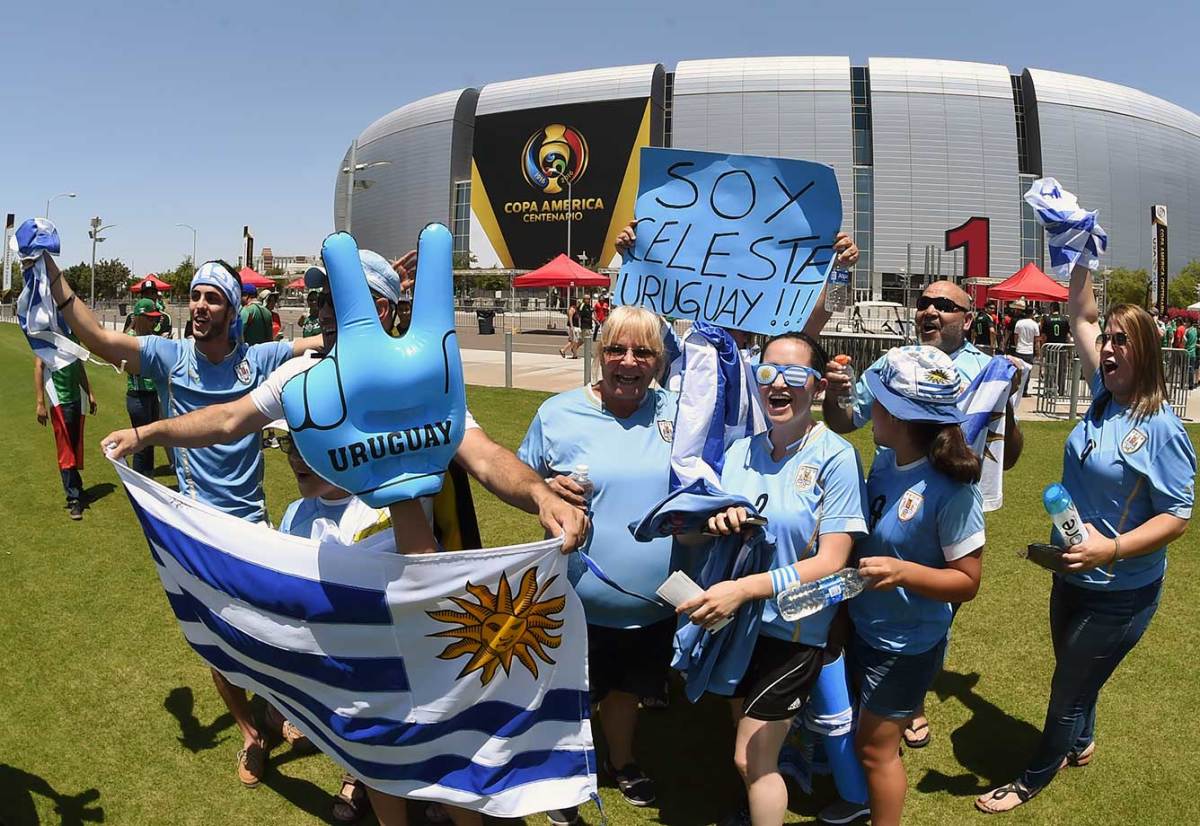
Uruguay
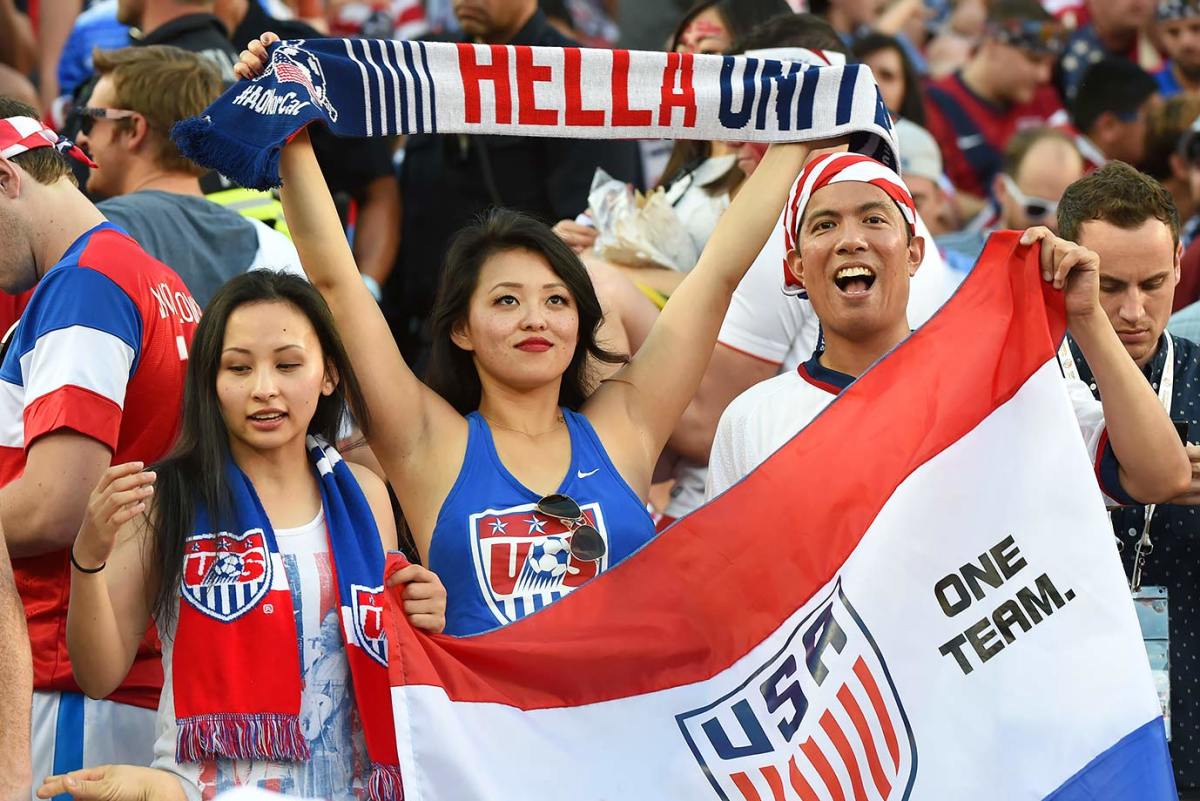
USA
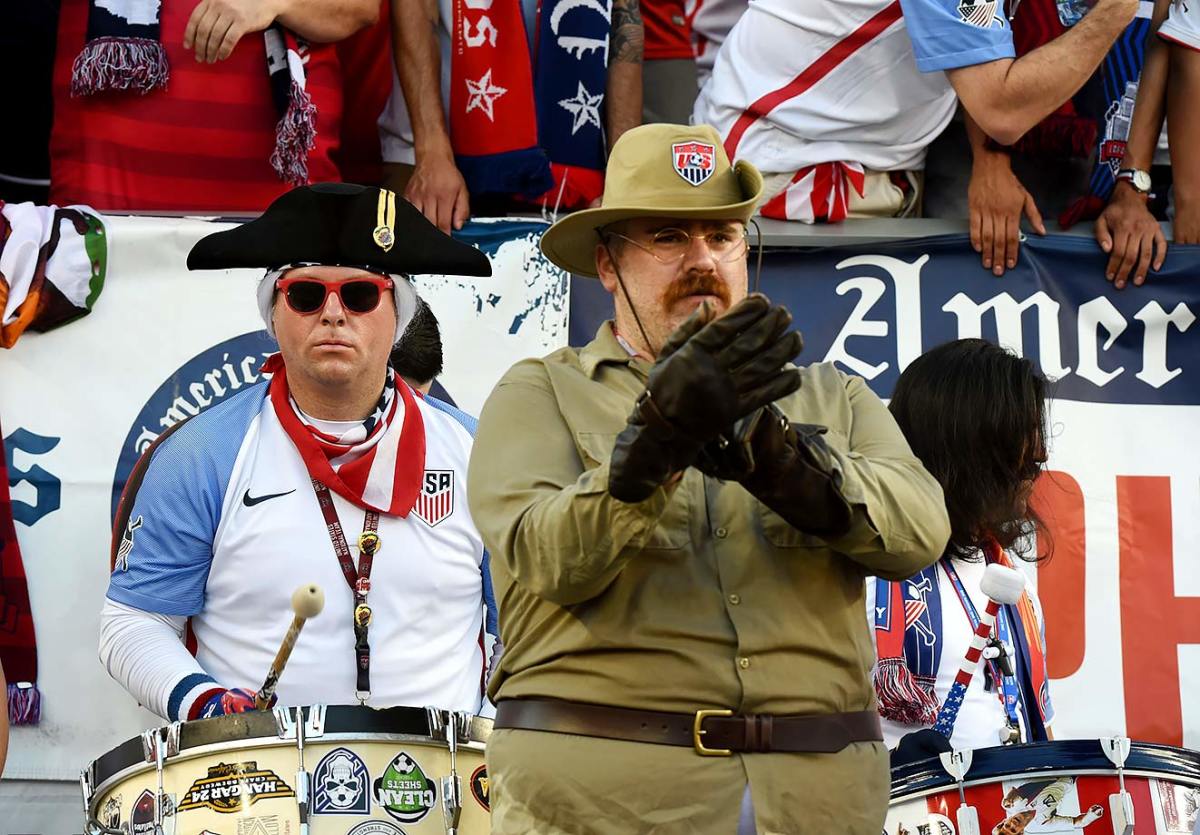
USA
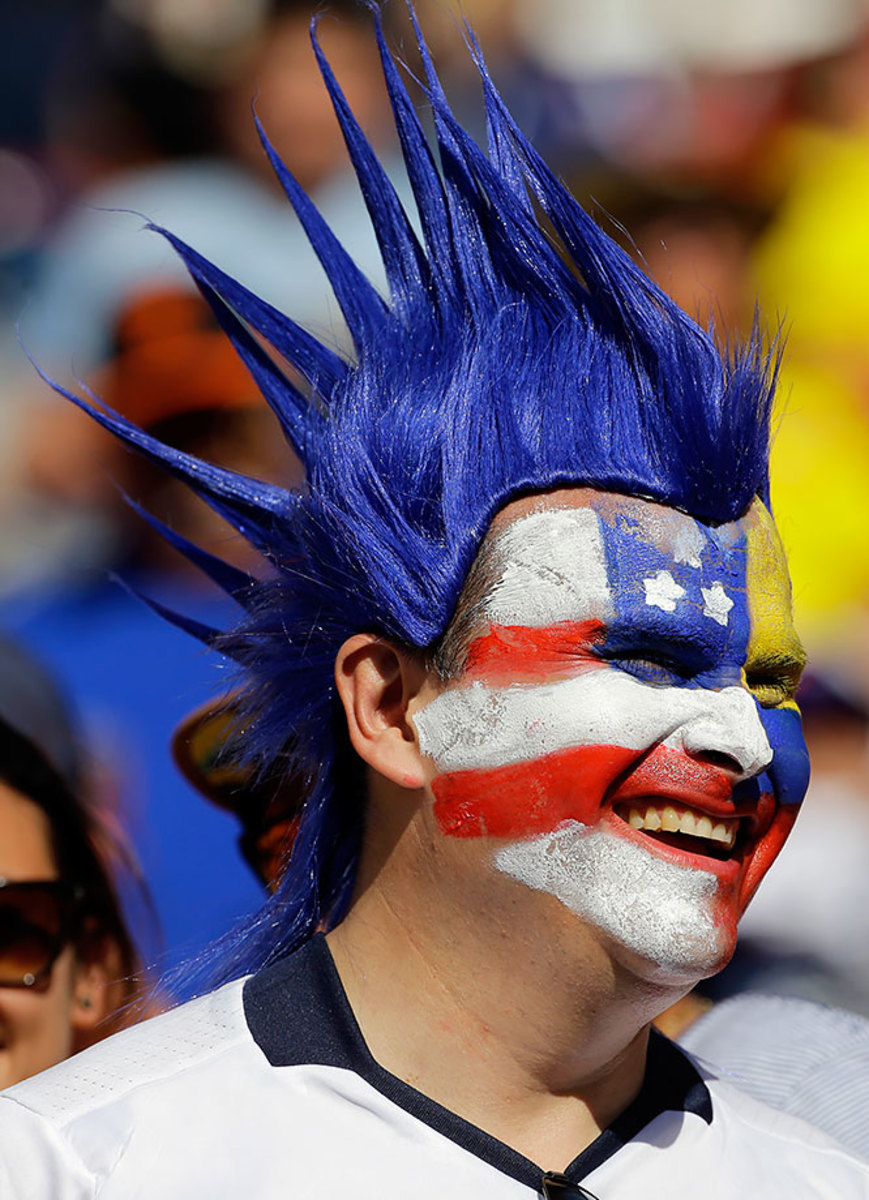
USA
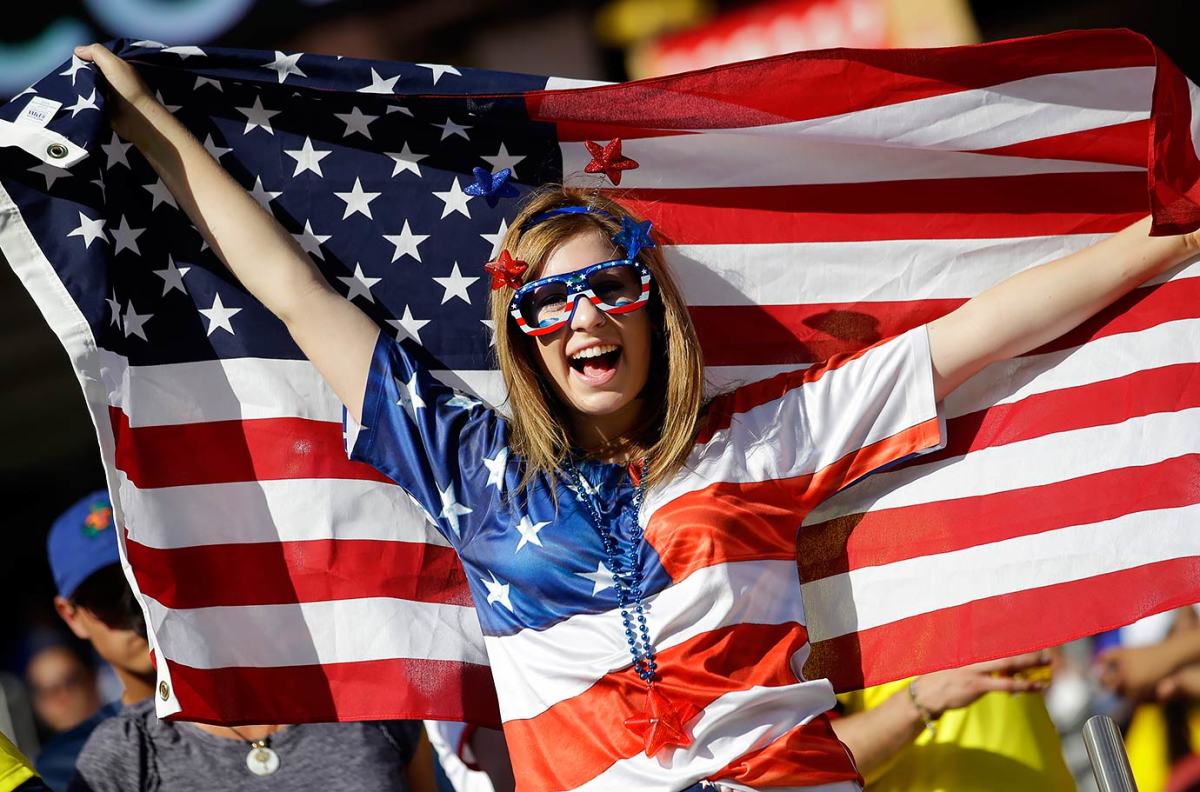
USA
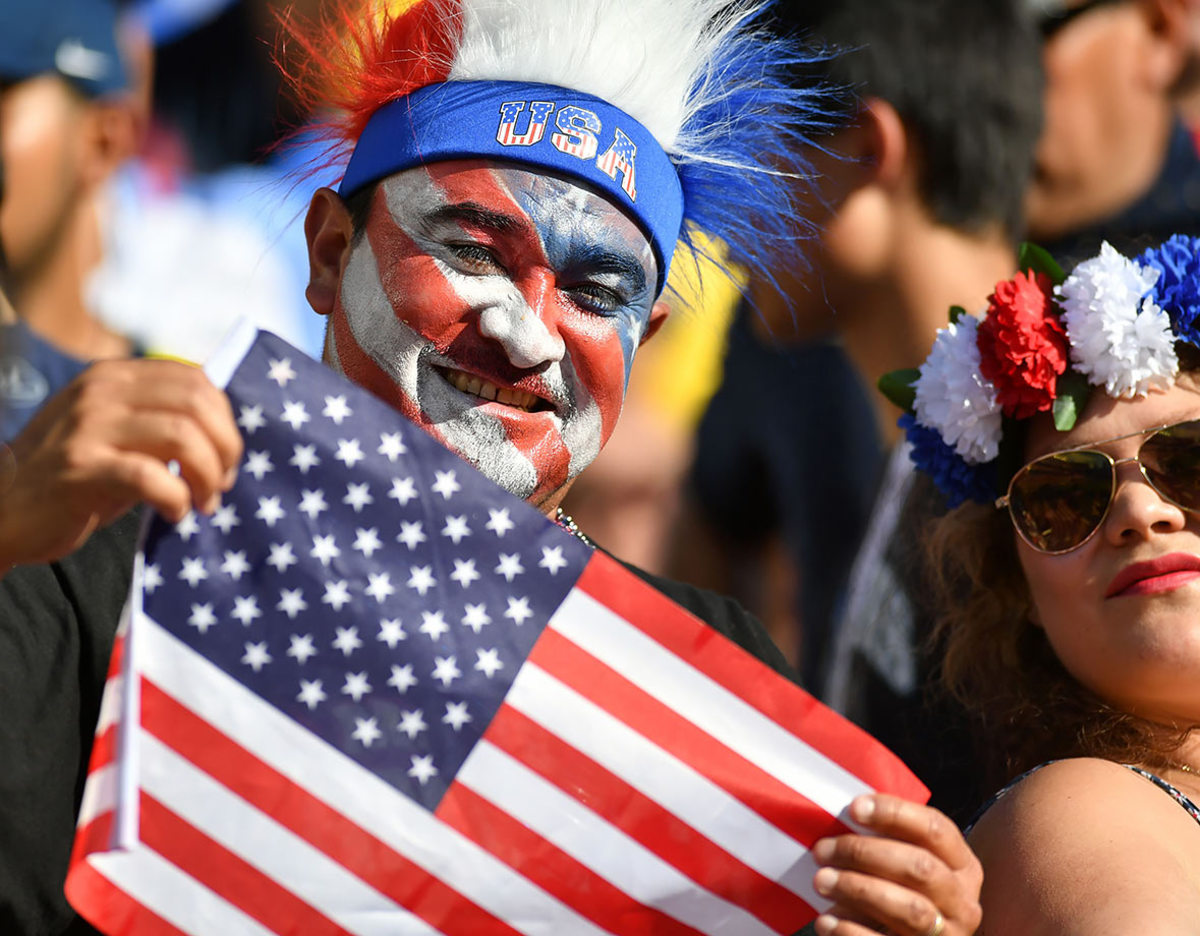
USA
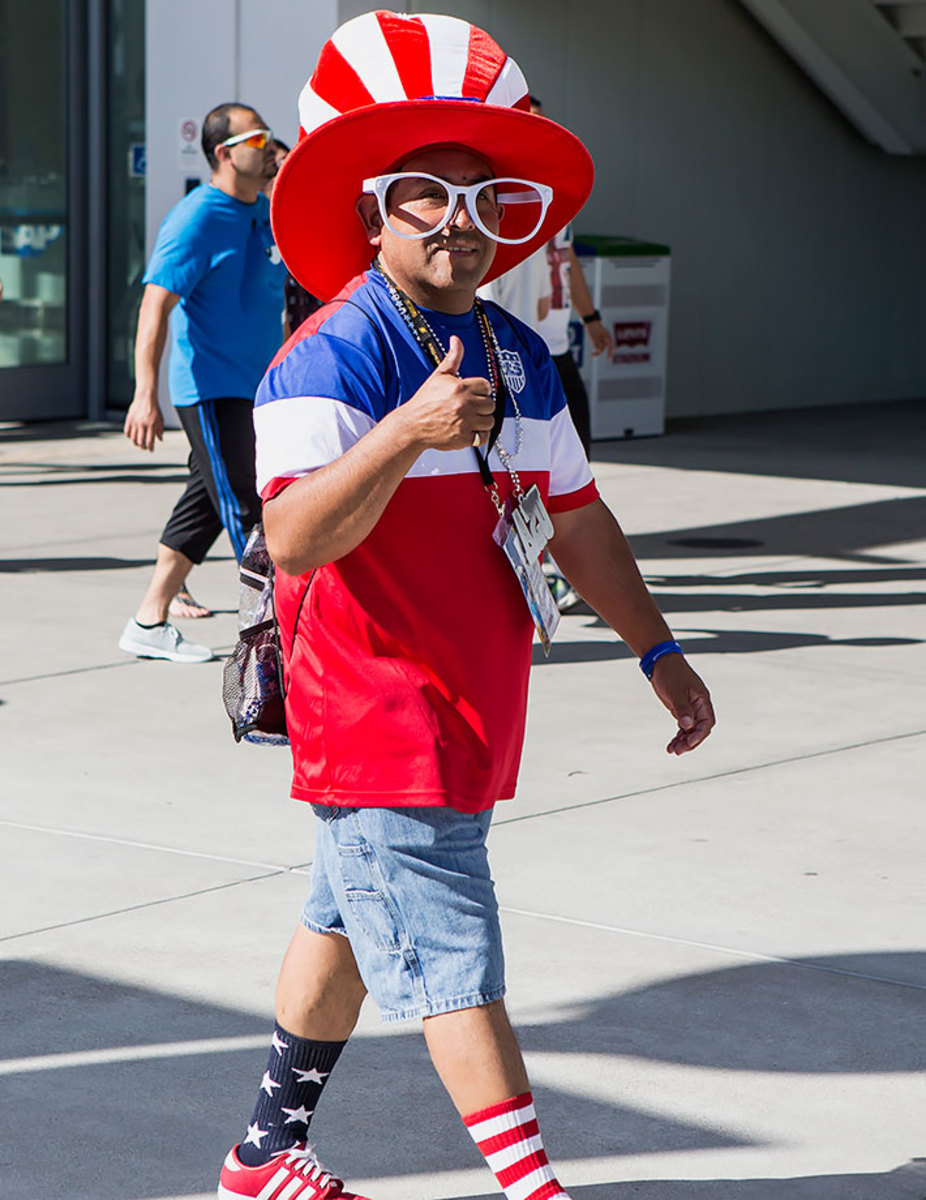
USA
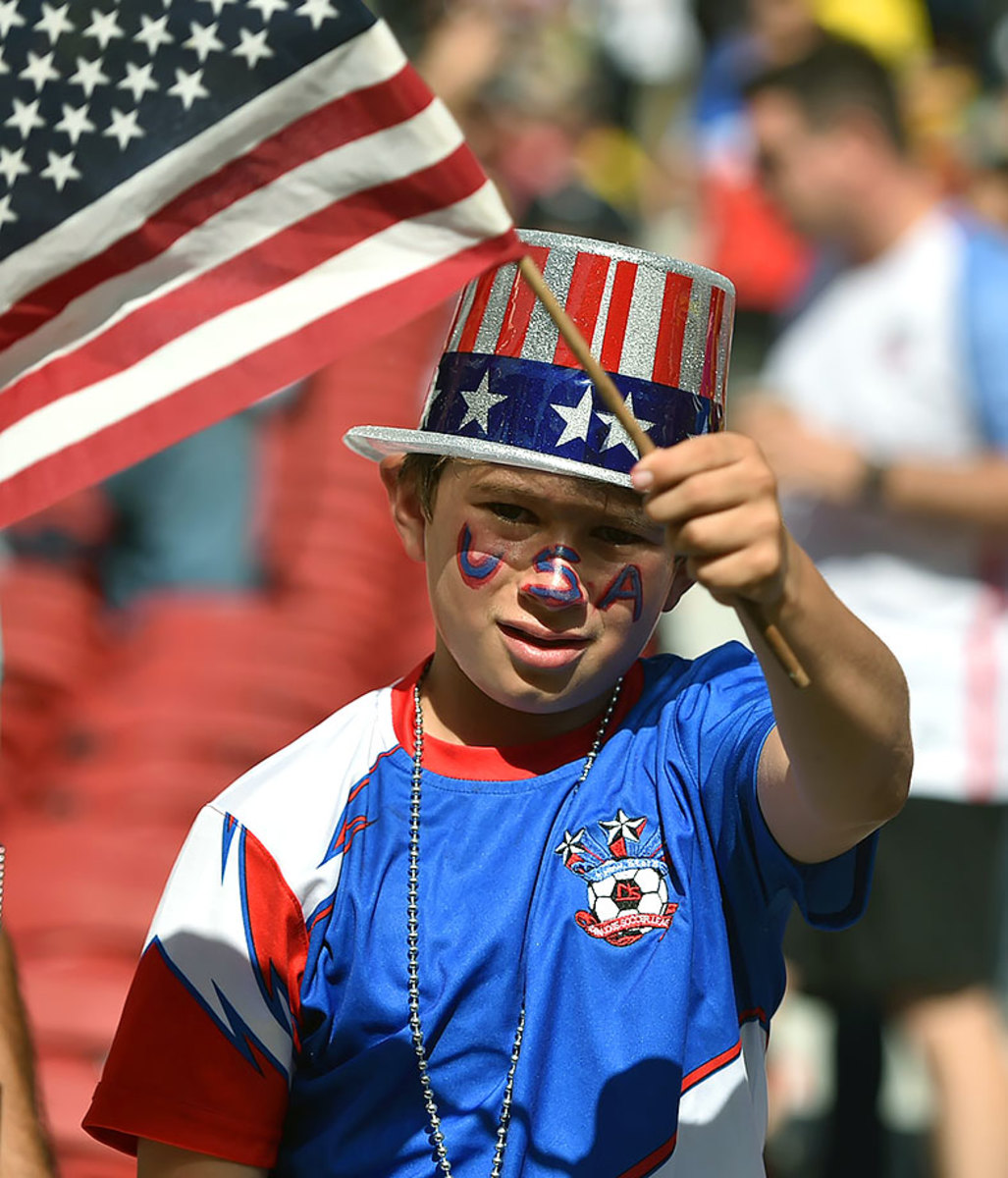
USA
It’s worth noting that moving from a one- to two-forward formation helped Venezuela markedly against Argentina, increasing the pressure and the scoring opportunities. If U.S. coach Jurgen Klinsmann is considering a five-man midfield with Clint Dempsey as a lone forward, the Argentina-Venezuela game would seem to suggest otherwise.
As for Messi, Martino was asked to respond to Klinsmann’s assertion that there were ways to manage Messi defensively.
“Well, [Messi] has faced various ways of playing him,” Martino said. “Bolivia decided to have a personal marker on him. Other teams tried to lock him up, to be around him and right on top of him. Despite all that, he was able to give assists and score in the last game. The fact there is a coach and a team trying to stop the best soccer player in the world? I think it’s a logical thing, any way to neutralize him. I just hope every possible way has to be a legal way to do it.”
Other than having the world’s best player on his team, Martino was hoping for a bit of help from some of the fans in Houston, where this game was announced as an official sell-out of more than 70,000 tickets on Monday.
“The U.S. being at home has a lot of importance,” Martino said, “but playing in Houston there will be a lot of Mexicans, and maybe the Mexicans will make us feel more like the home team.”
Perhaps, perhaps not. But the Argentine perspective on the semifinal is a different one from the U.S.’s. This is merely a means to an end: Getting to a third straight major tournament final and being in position to end a 23-year trophy drought.
